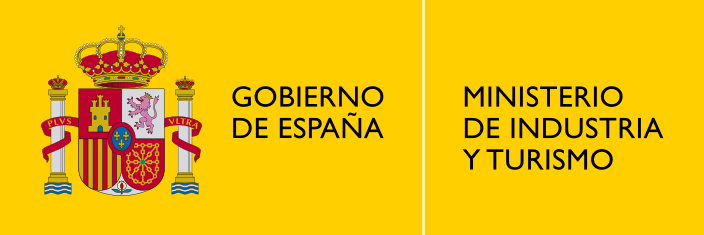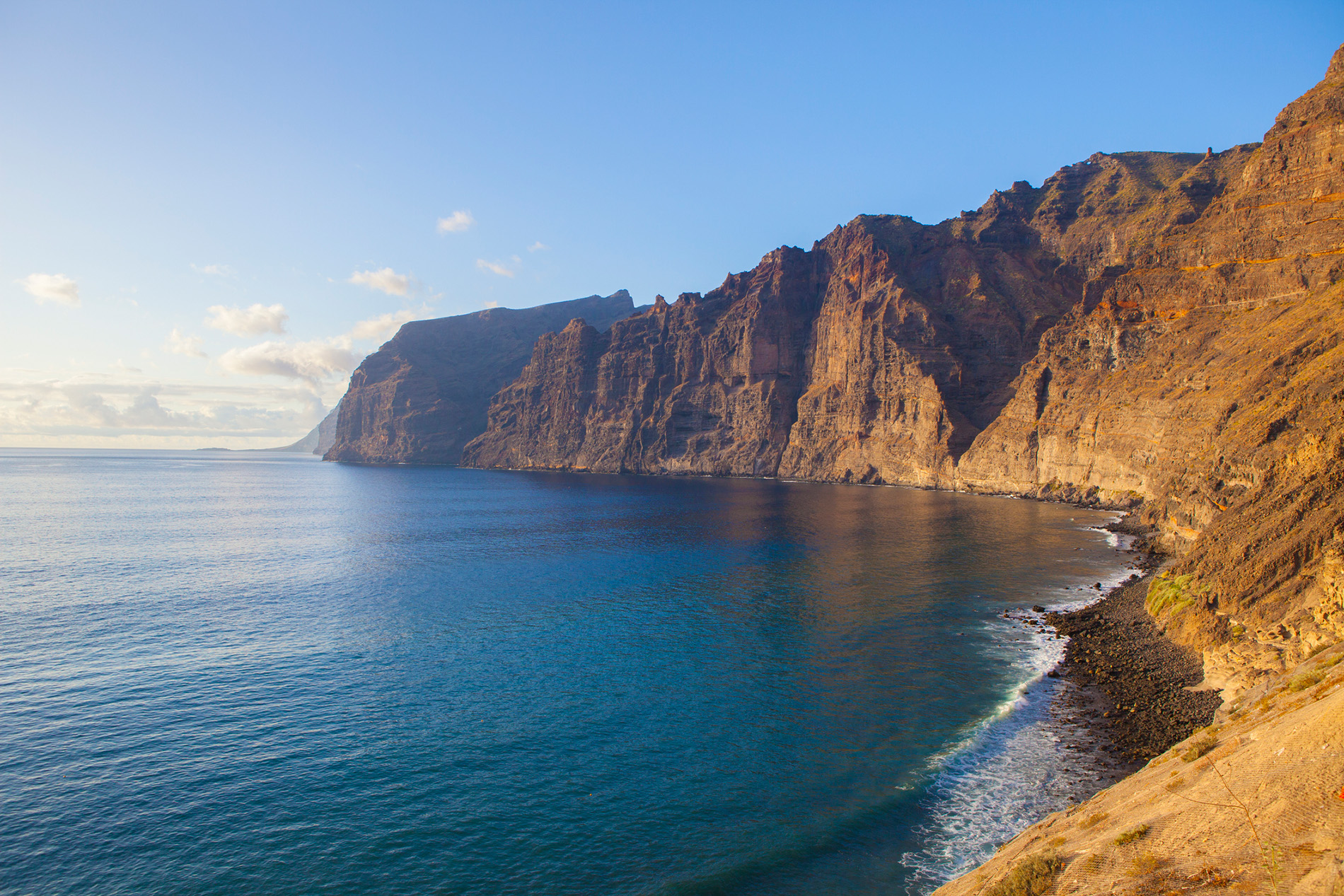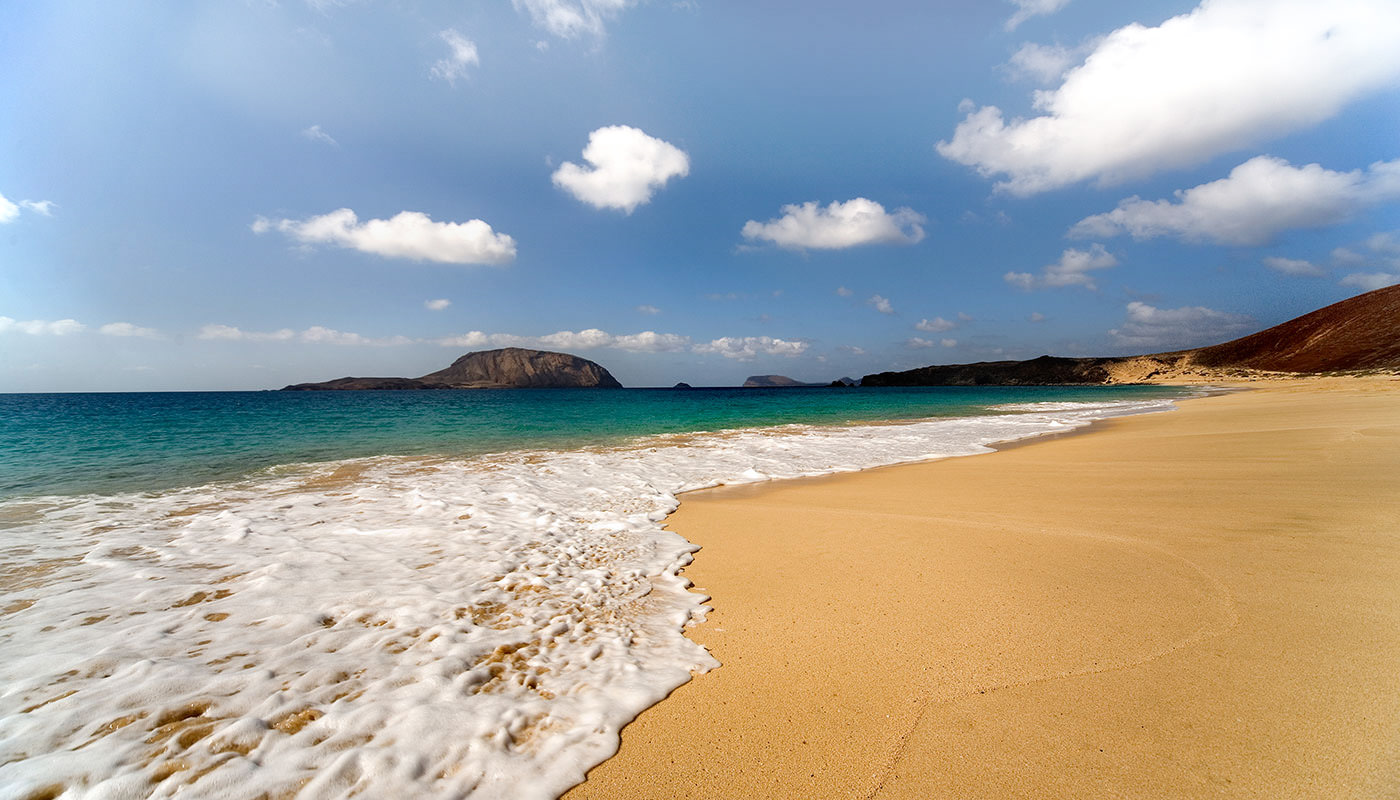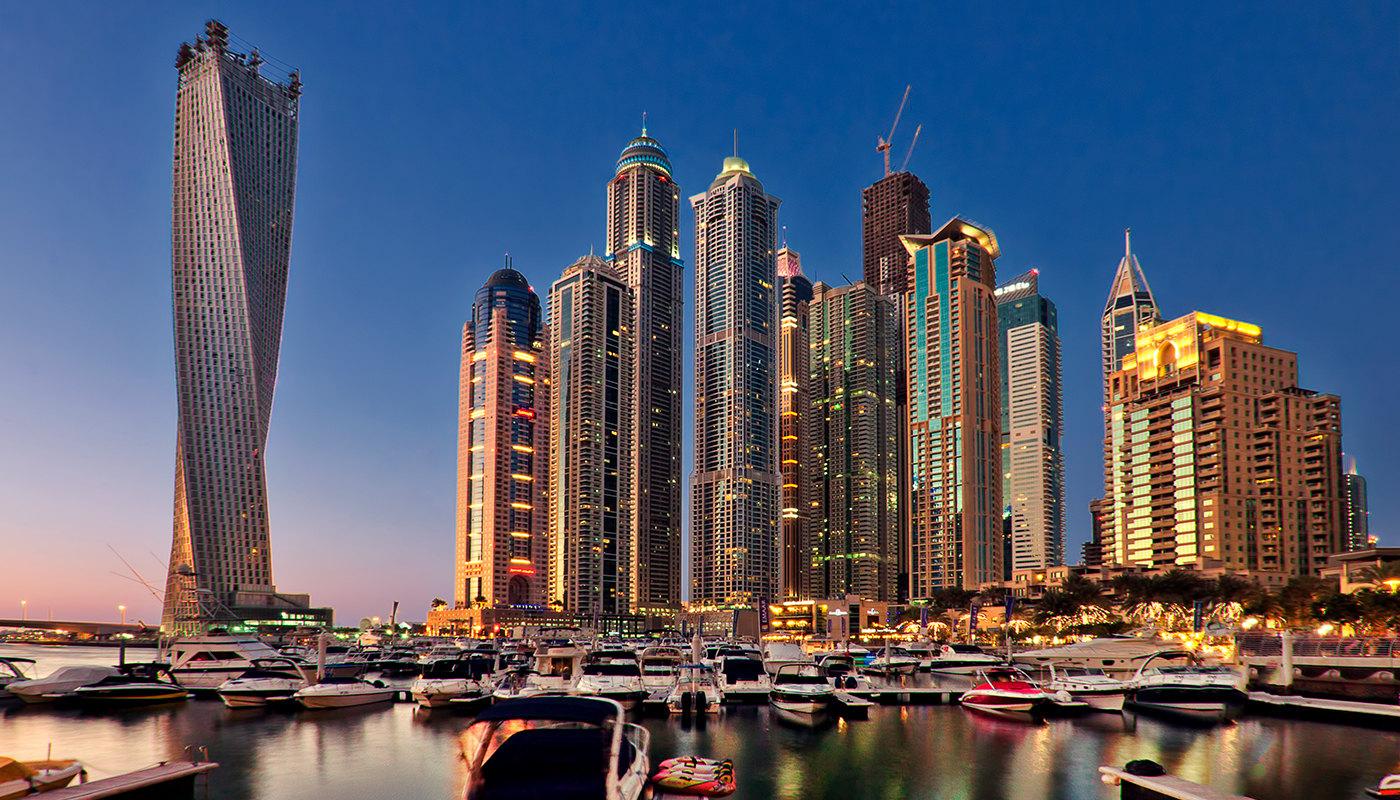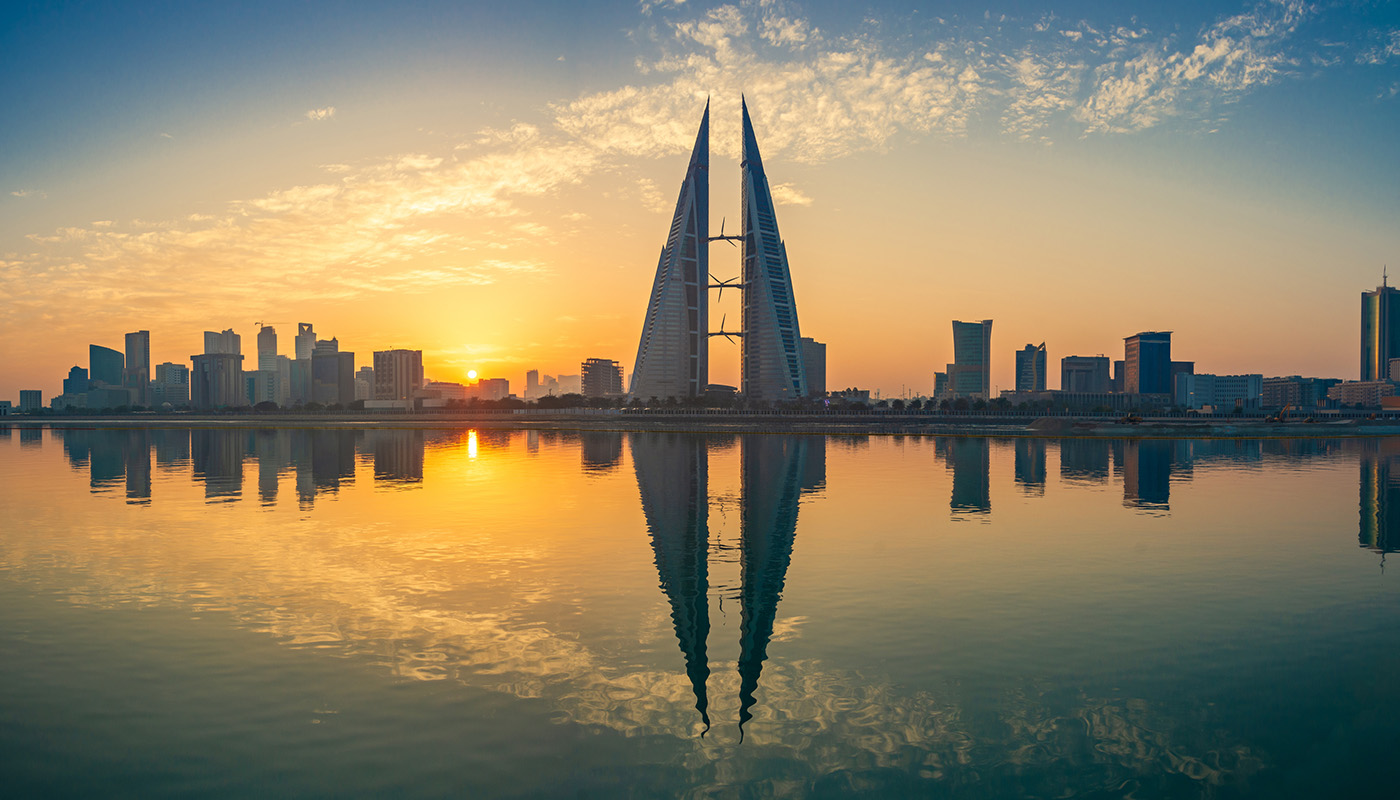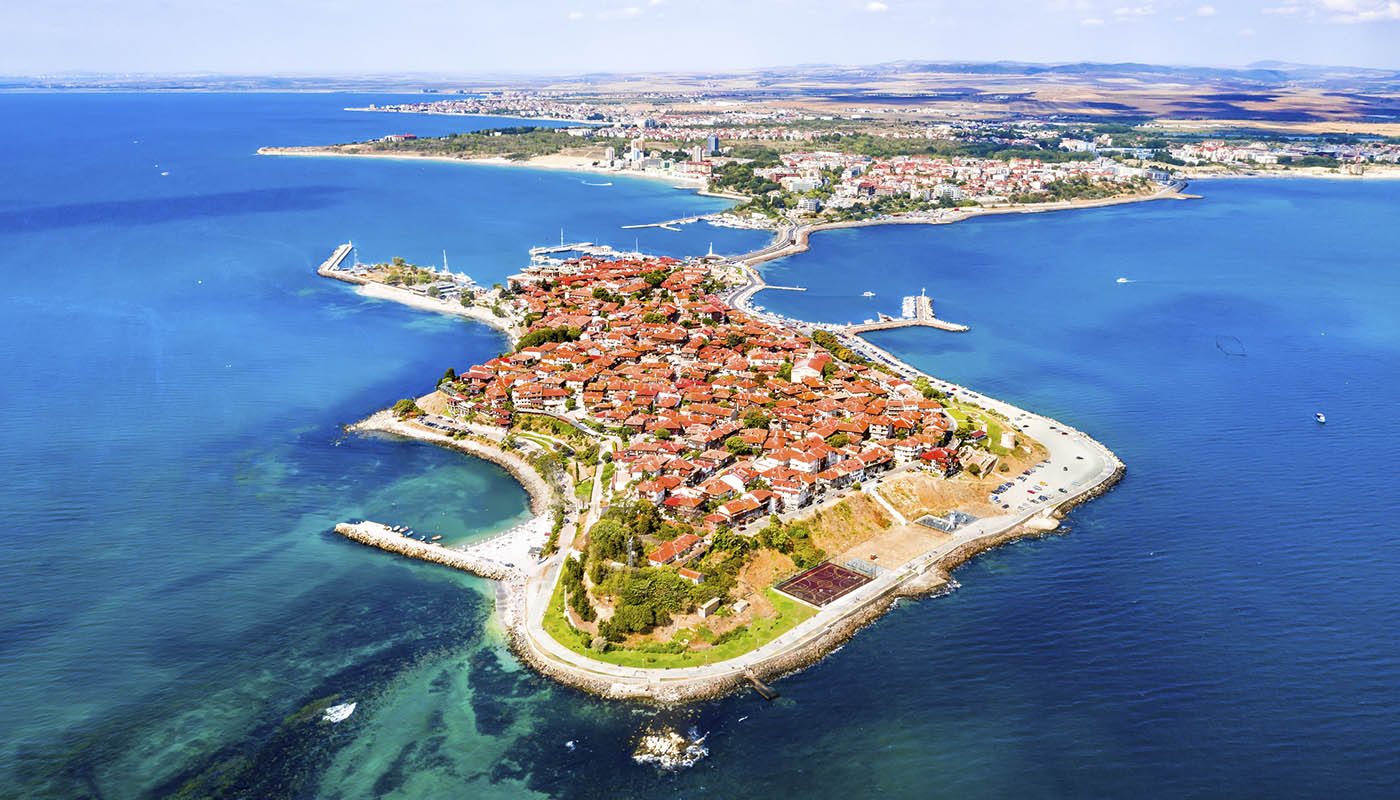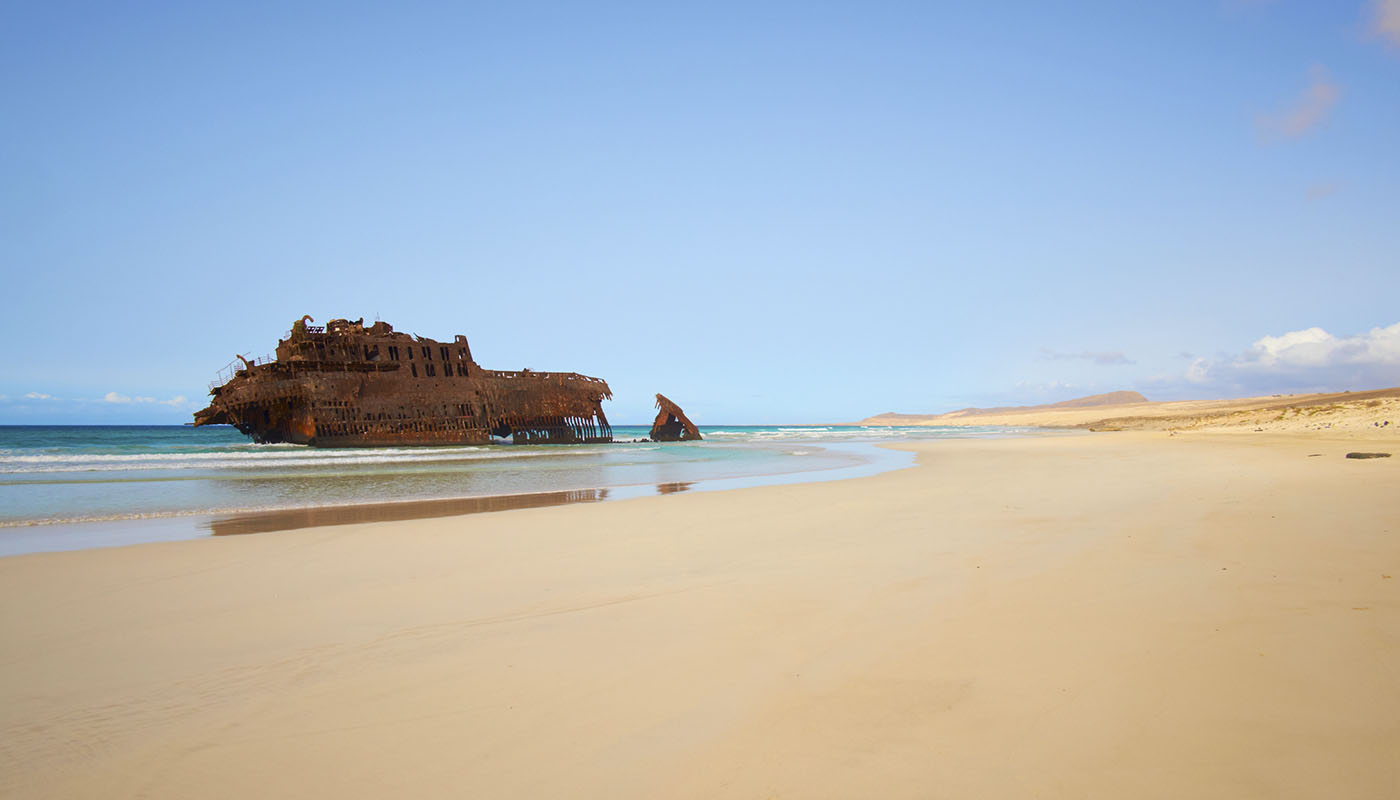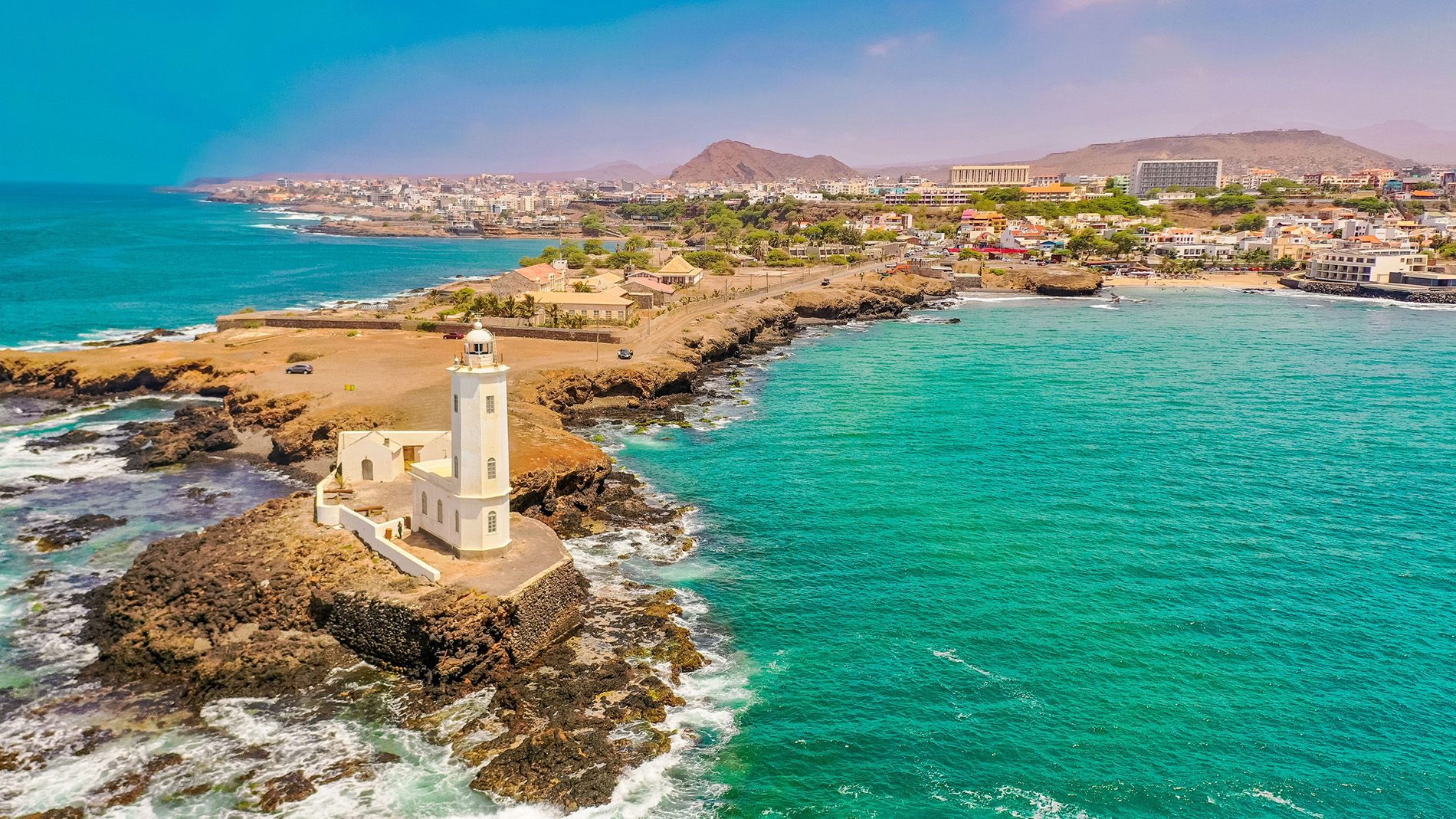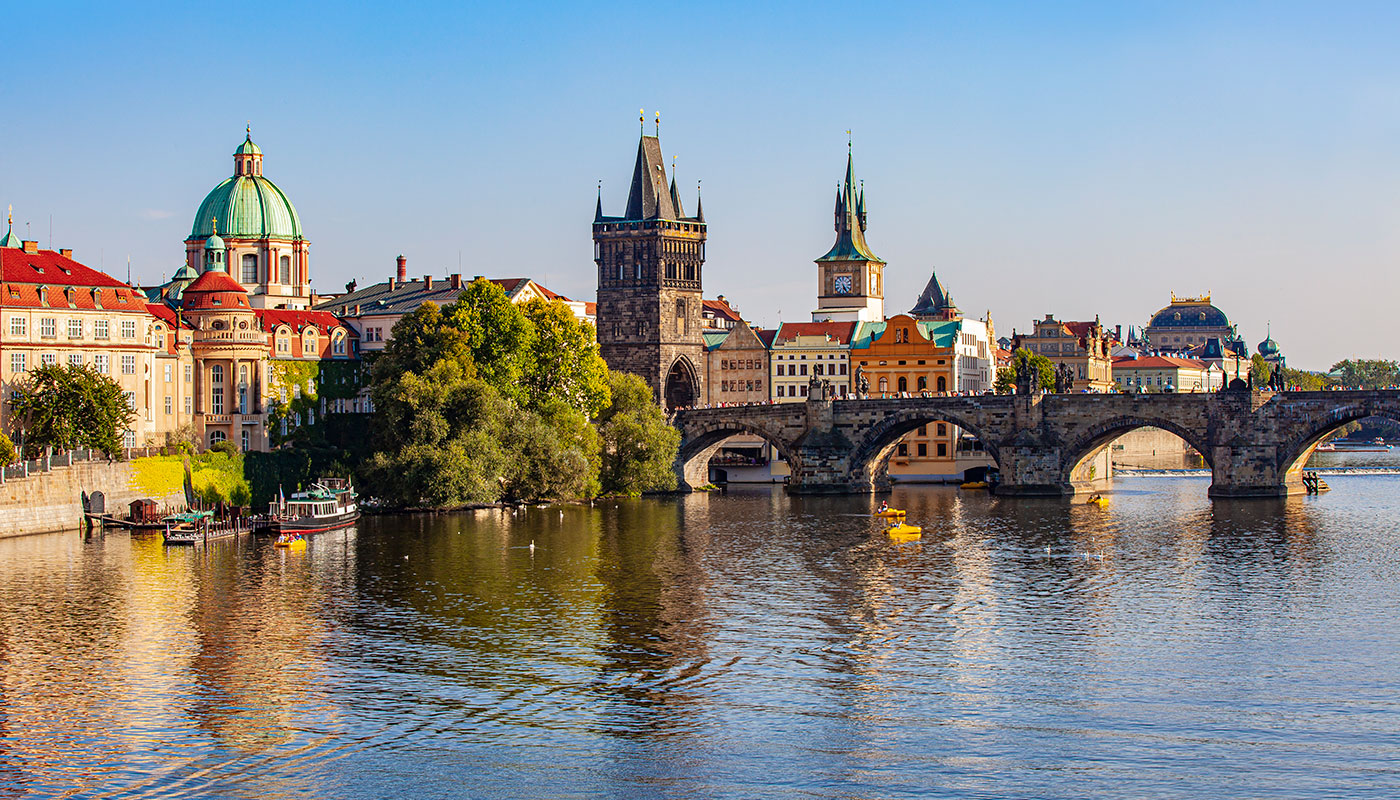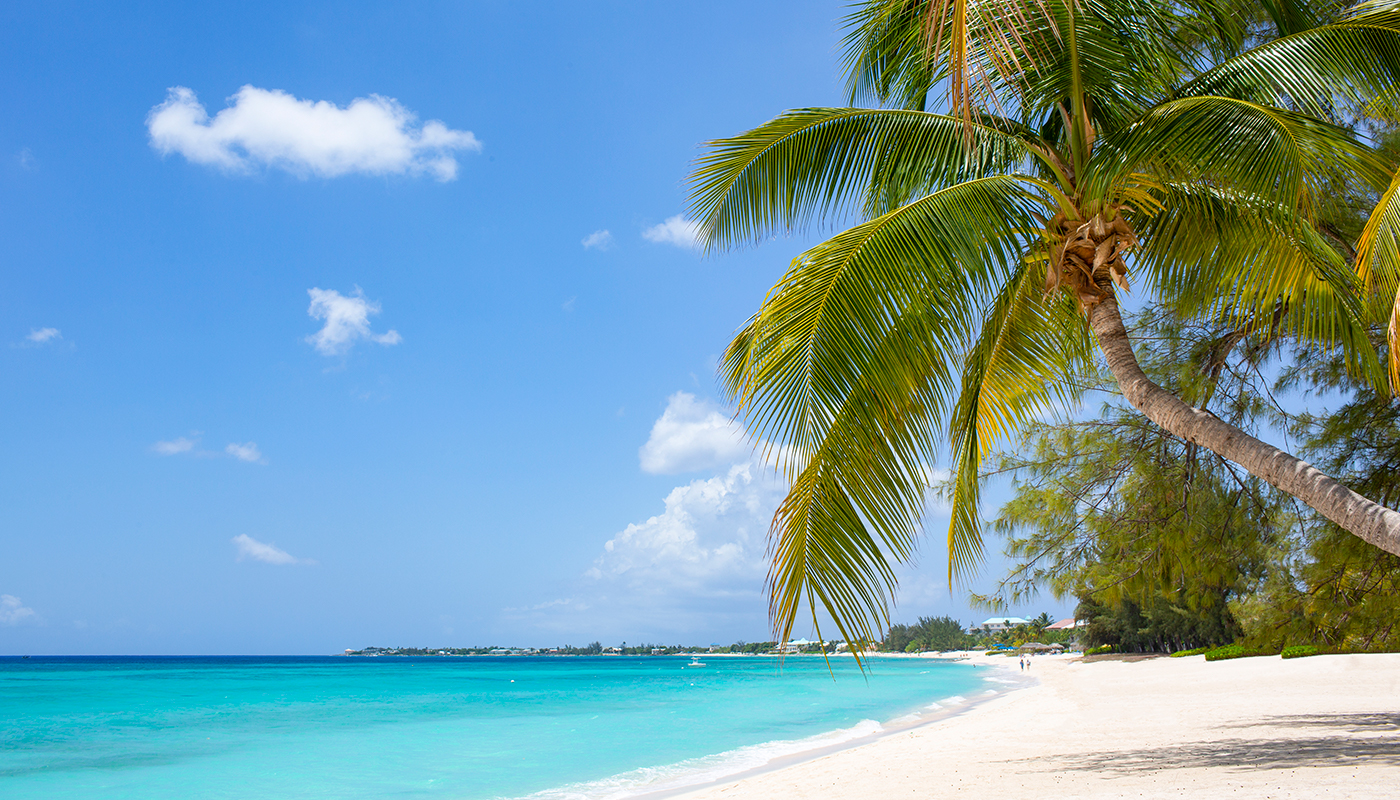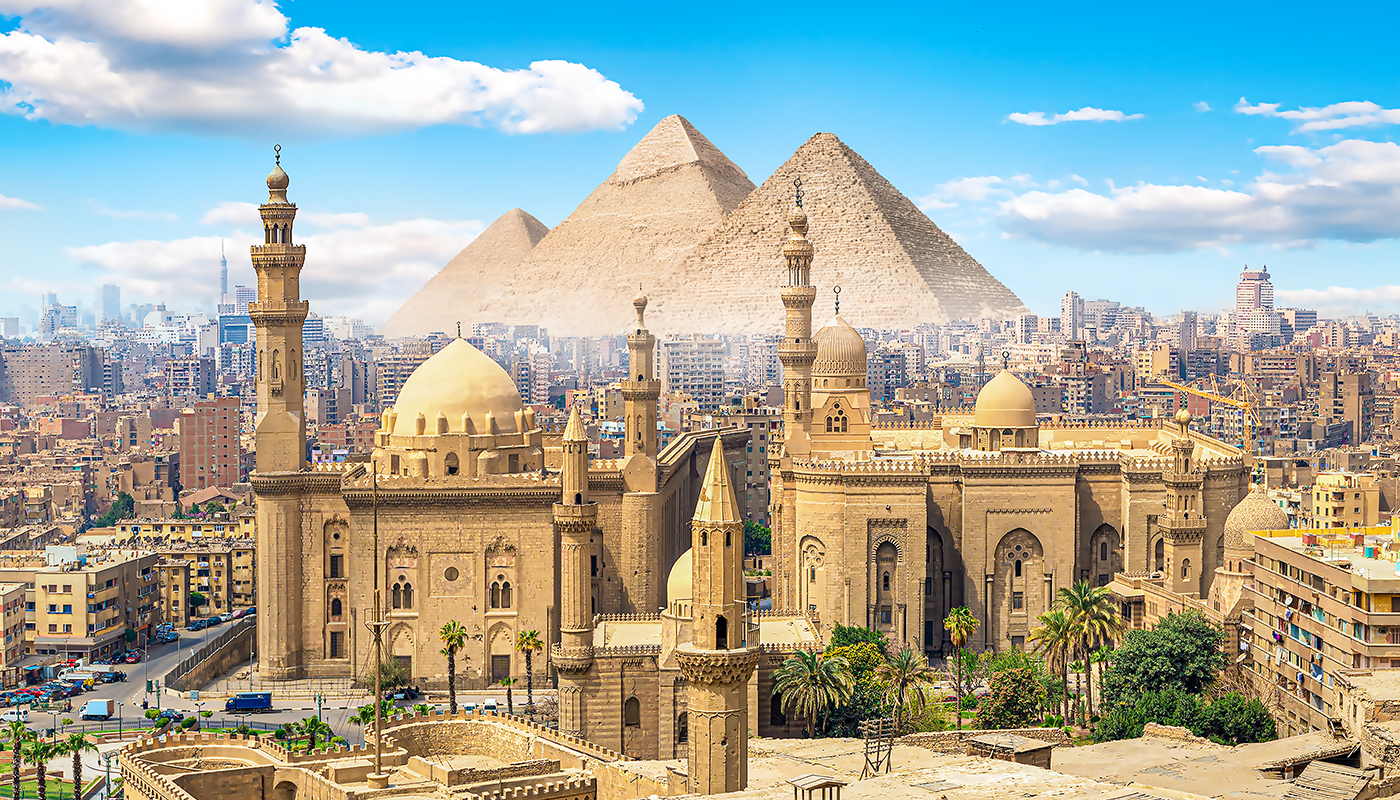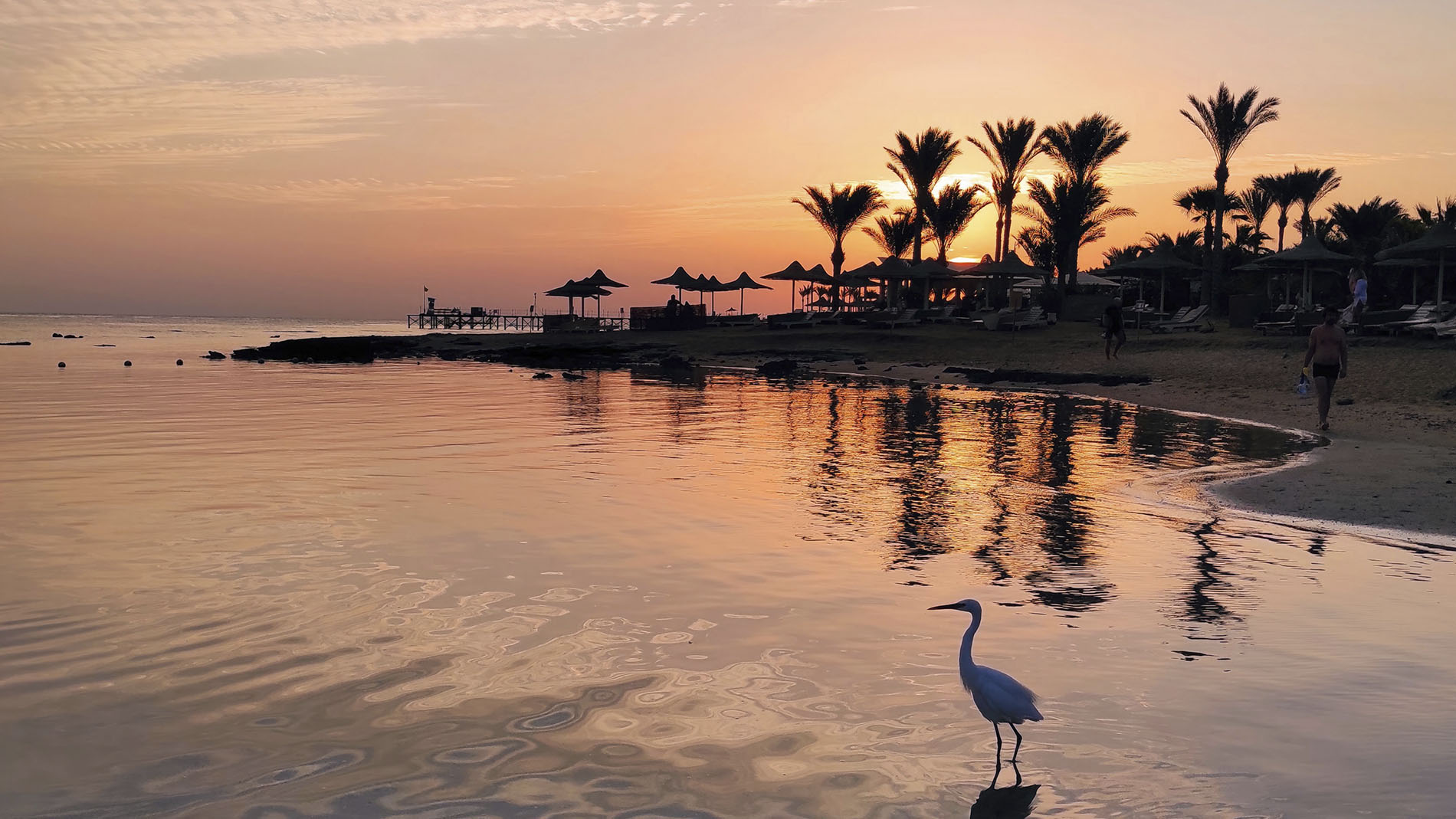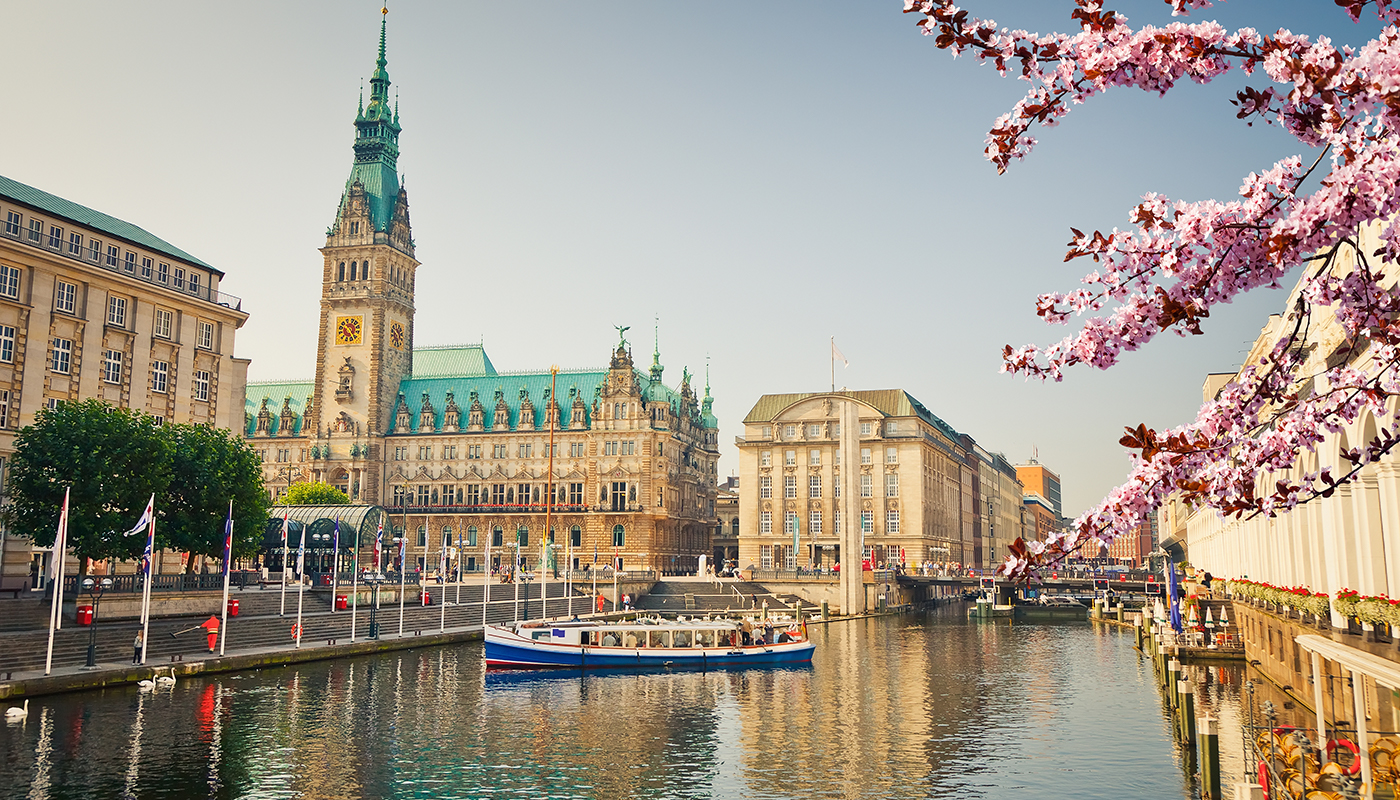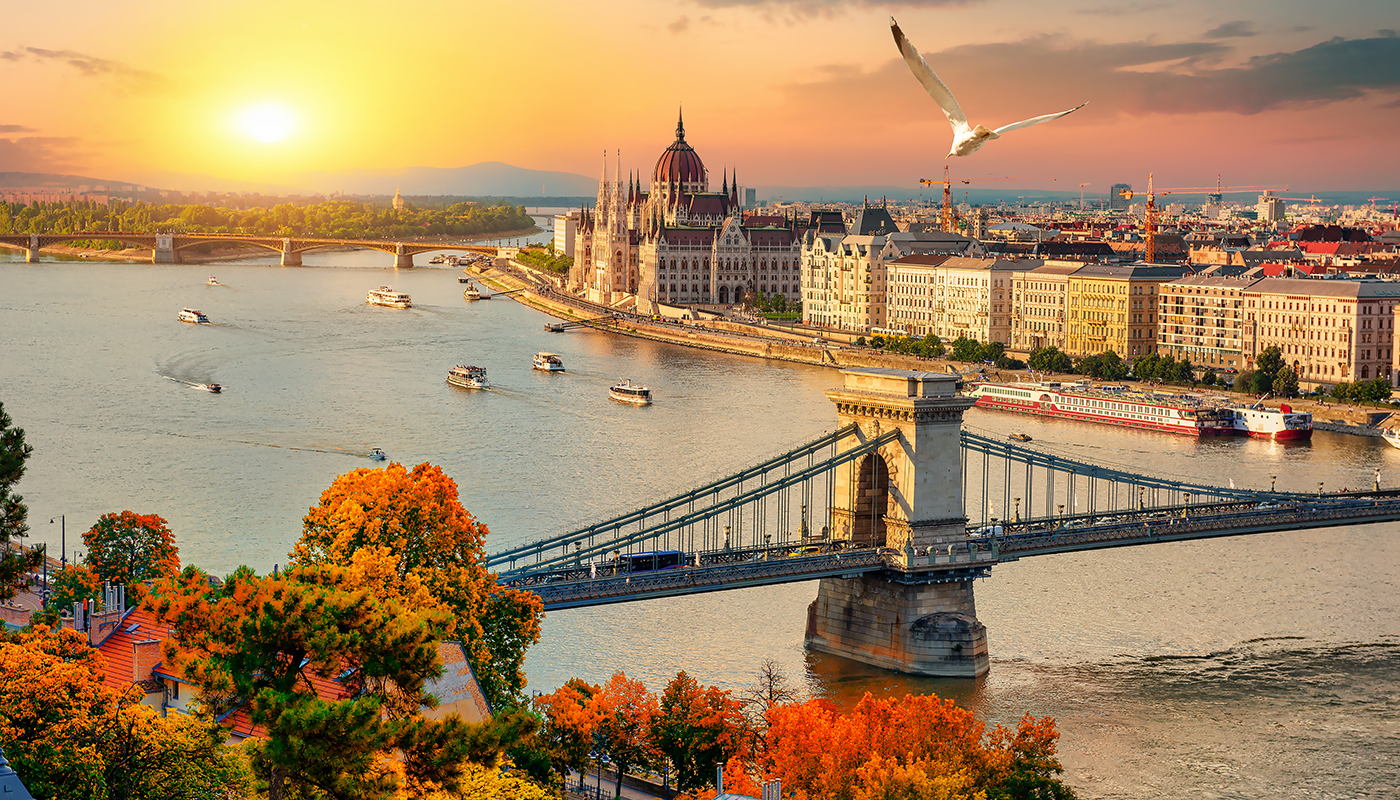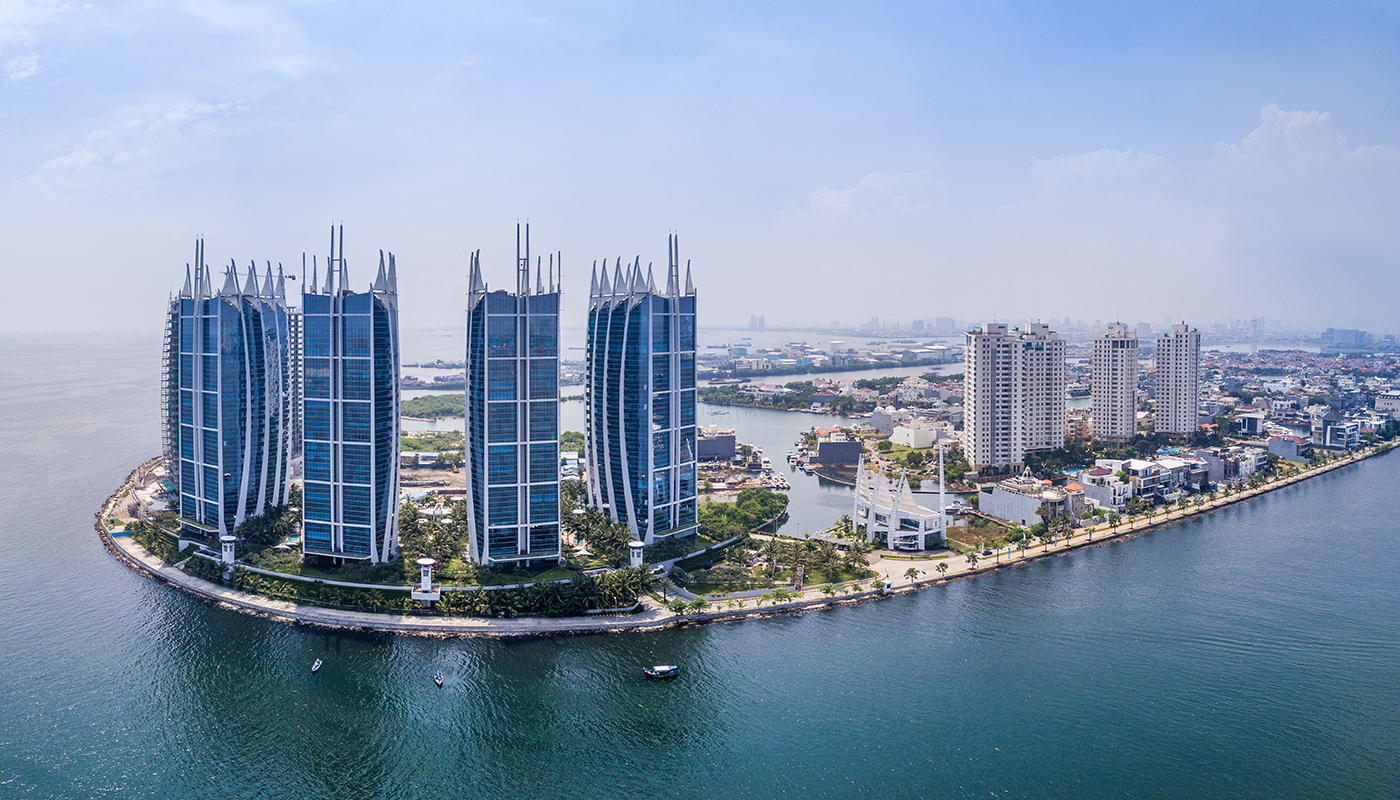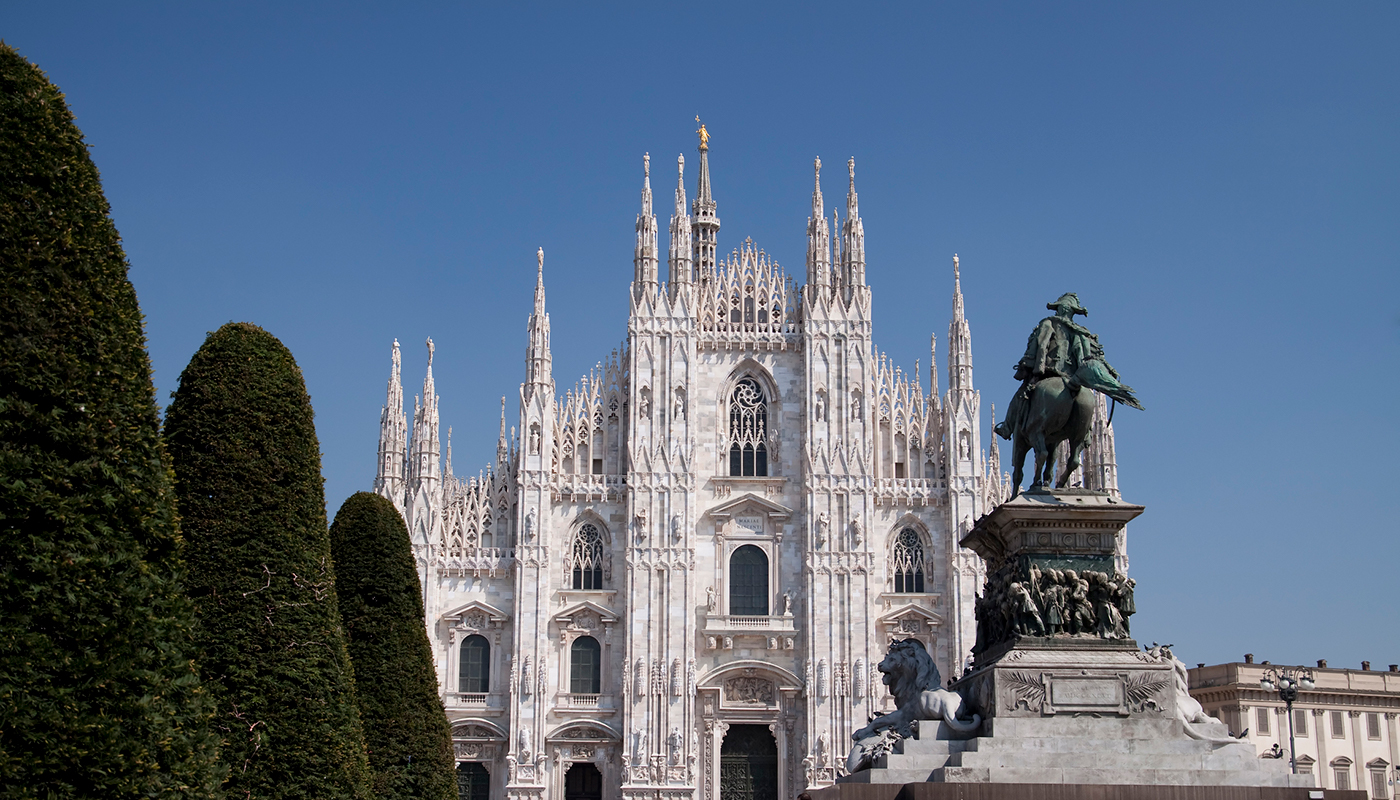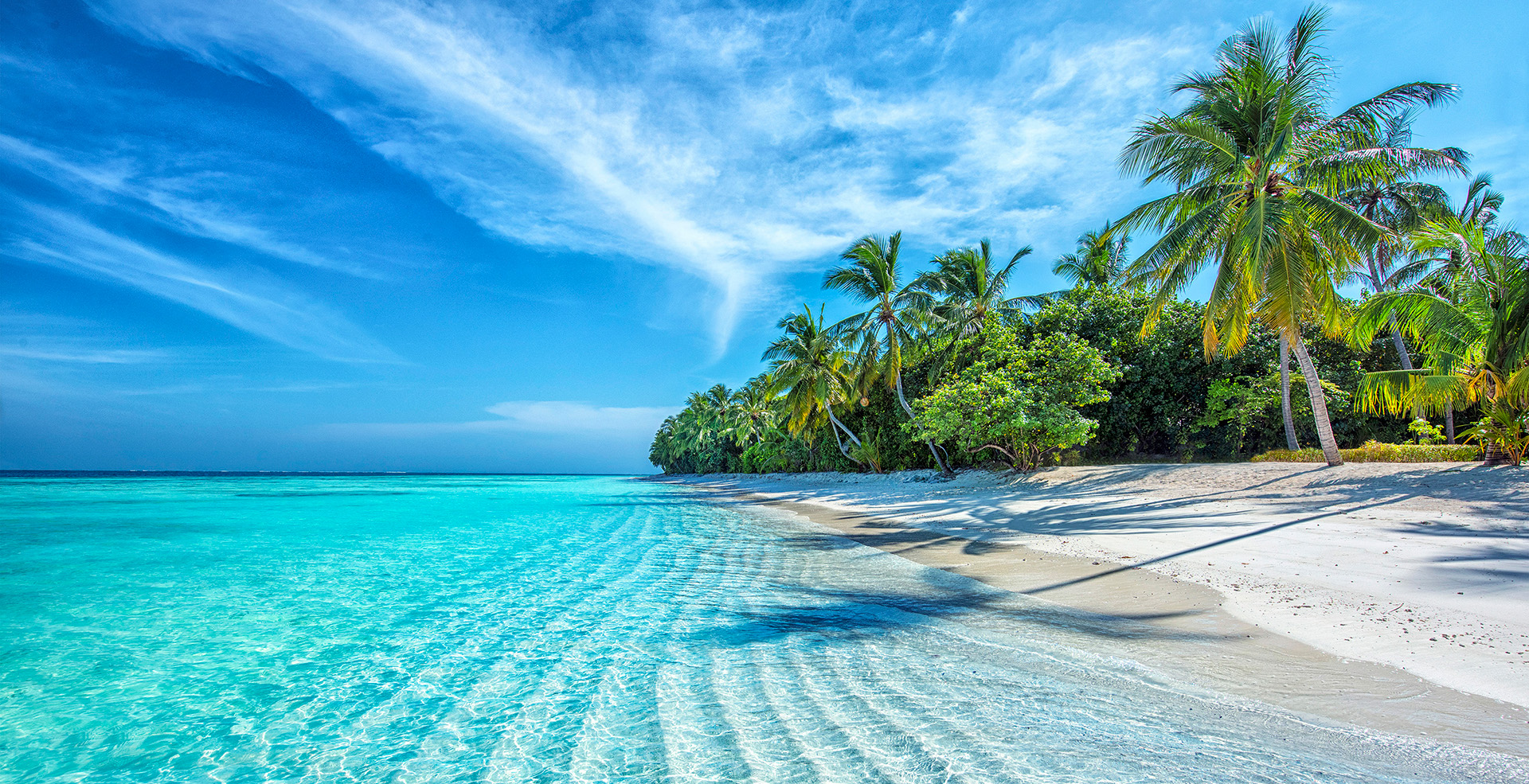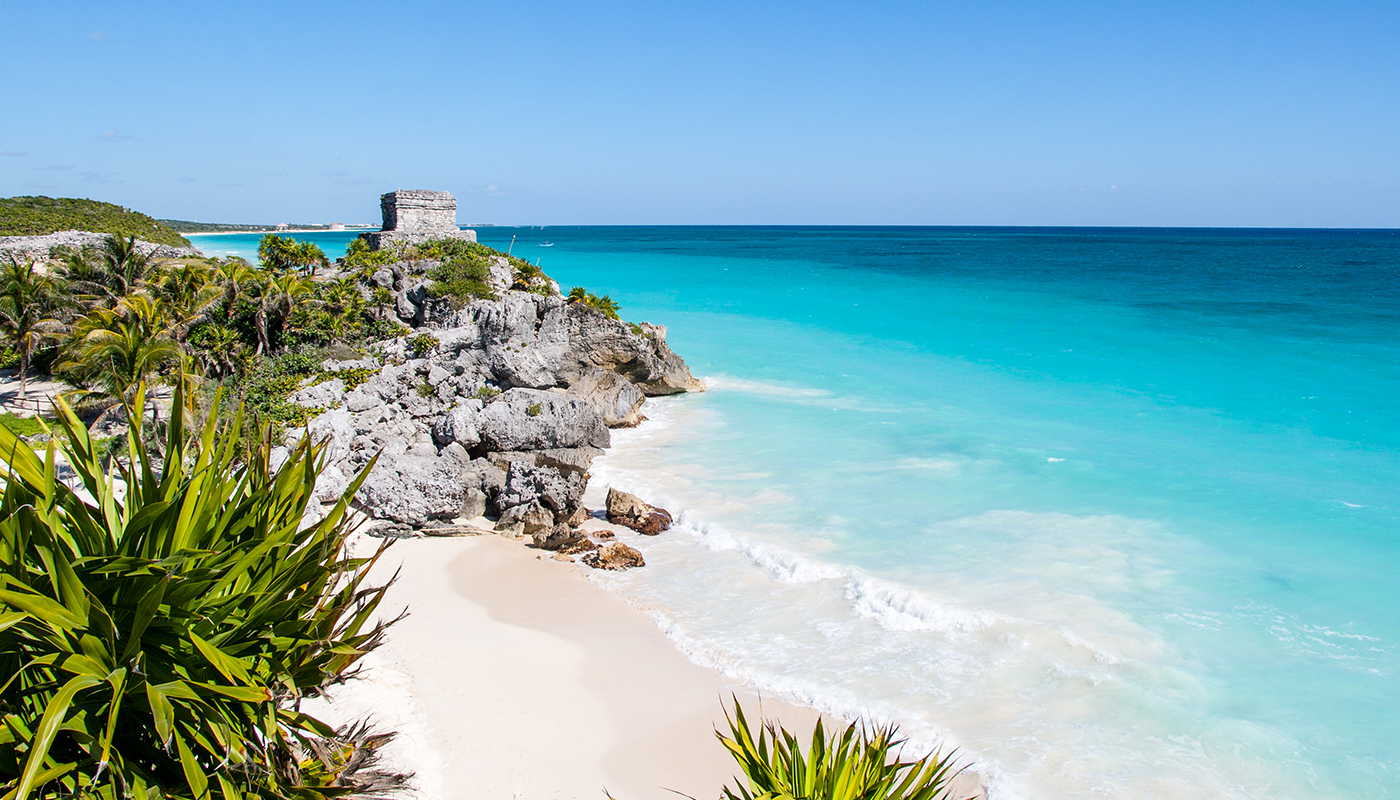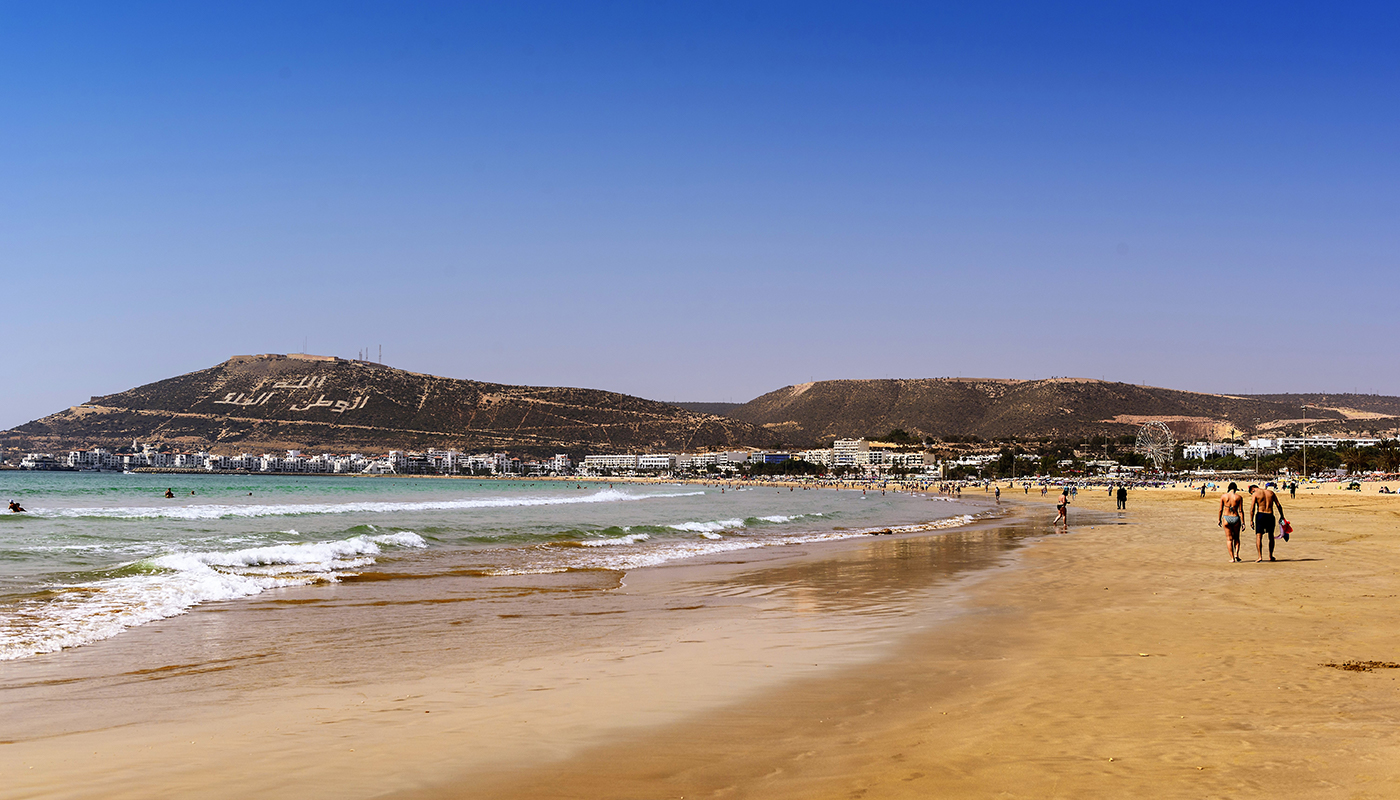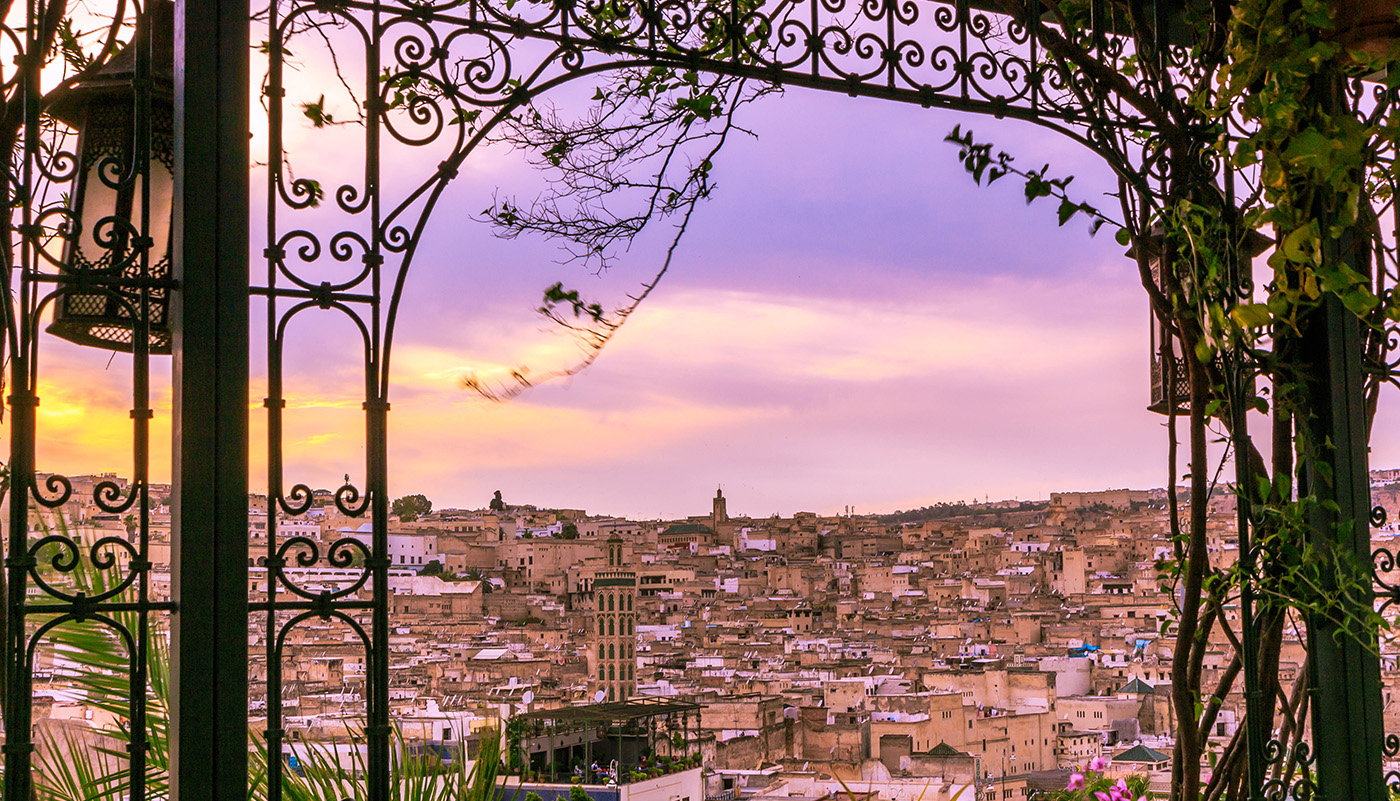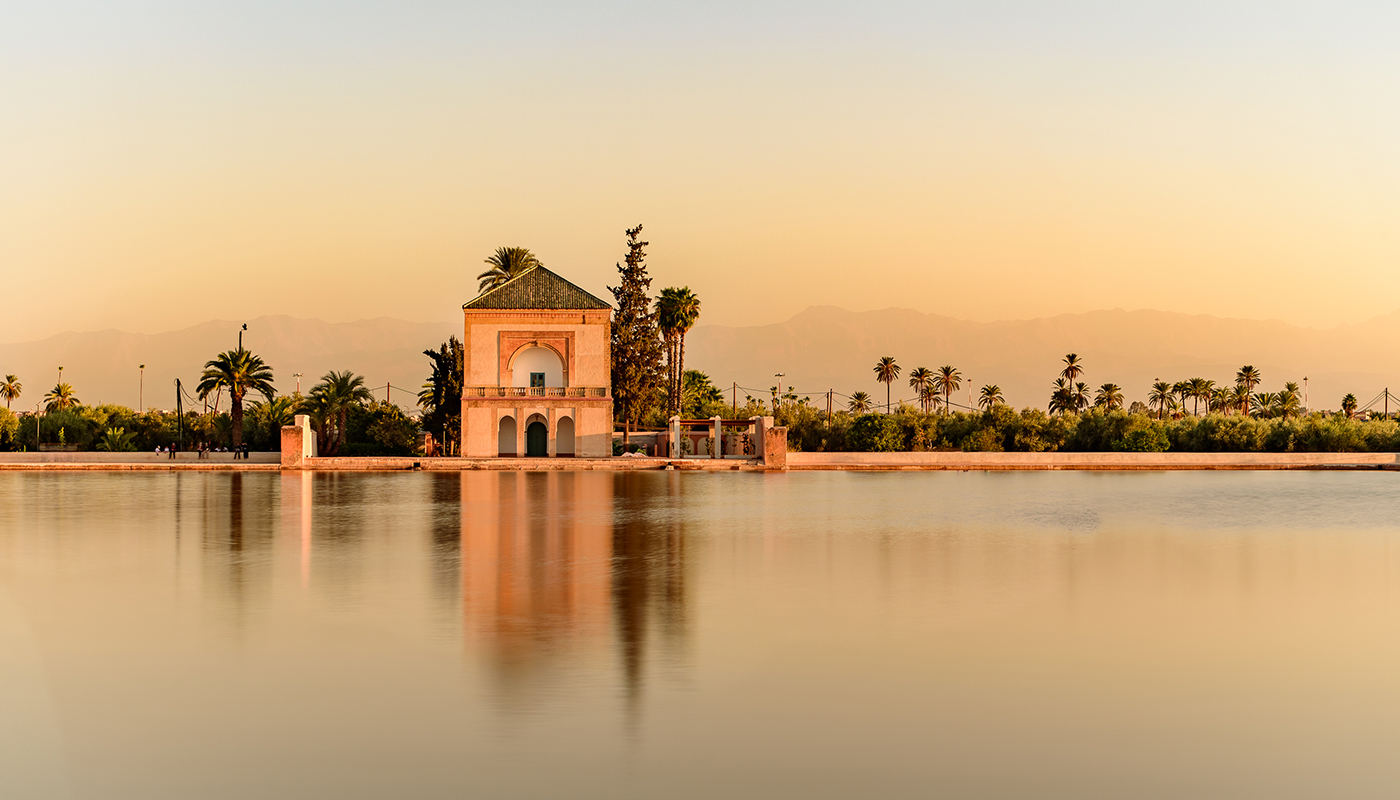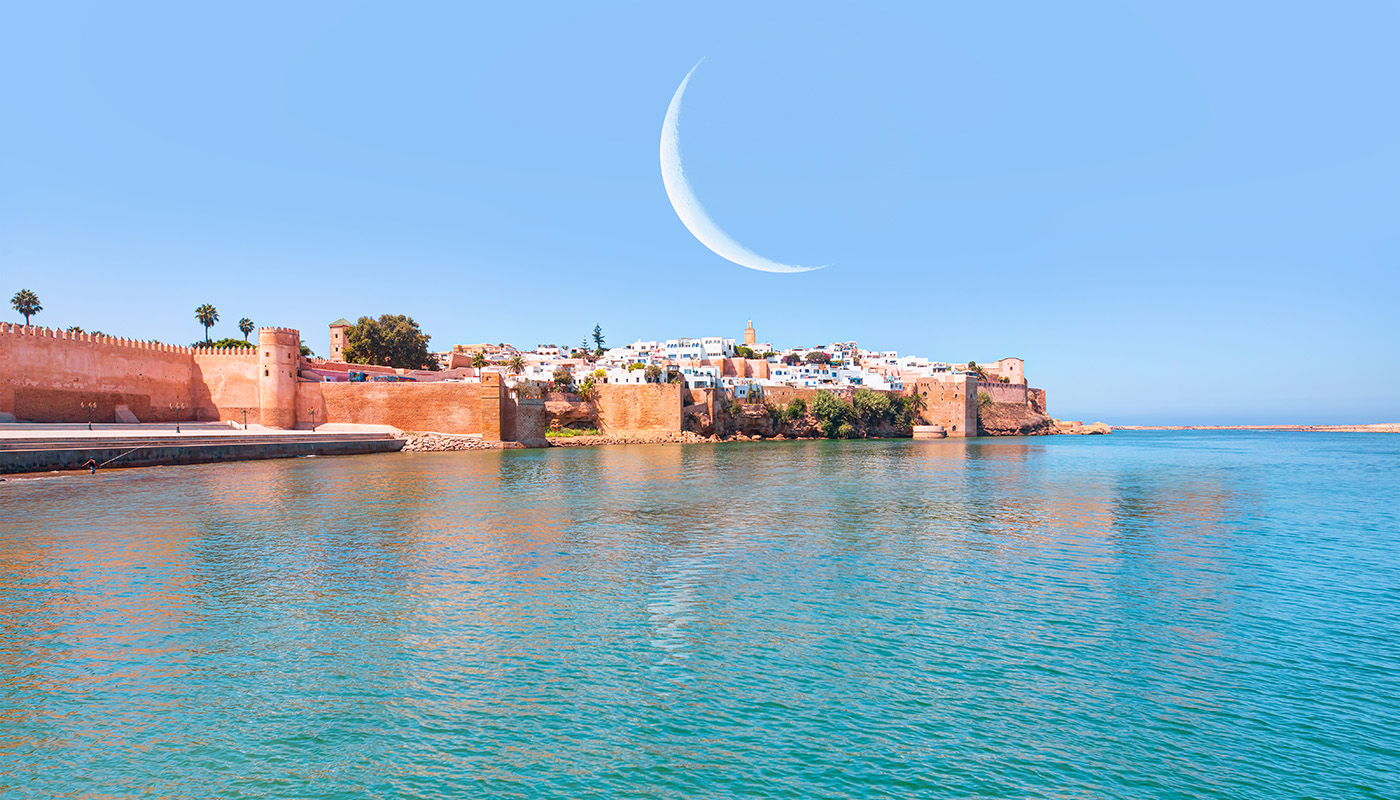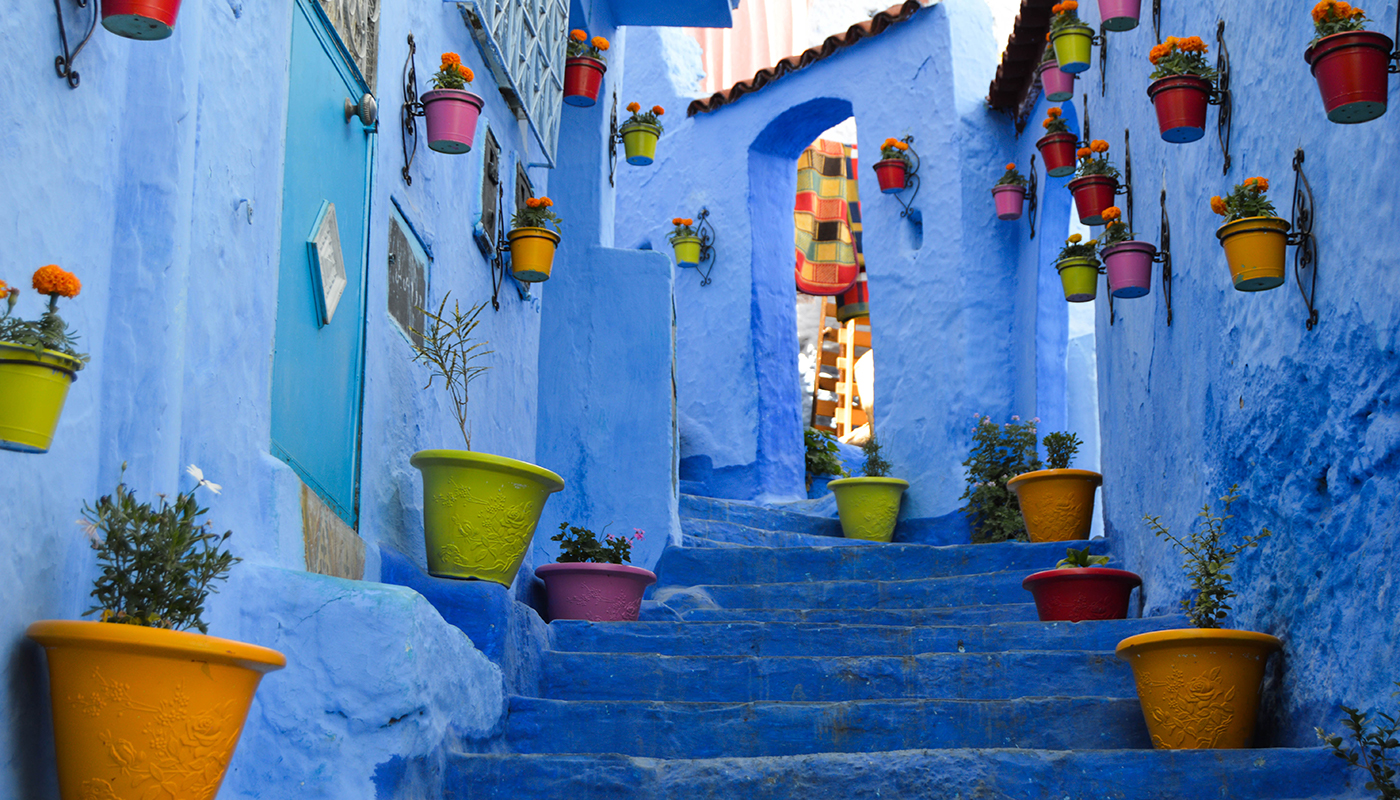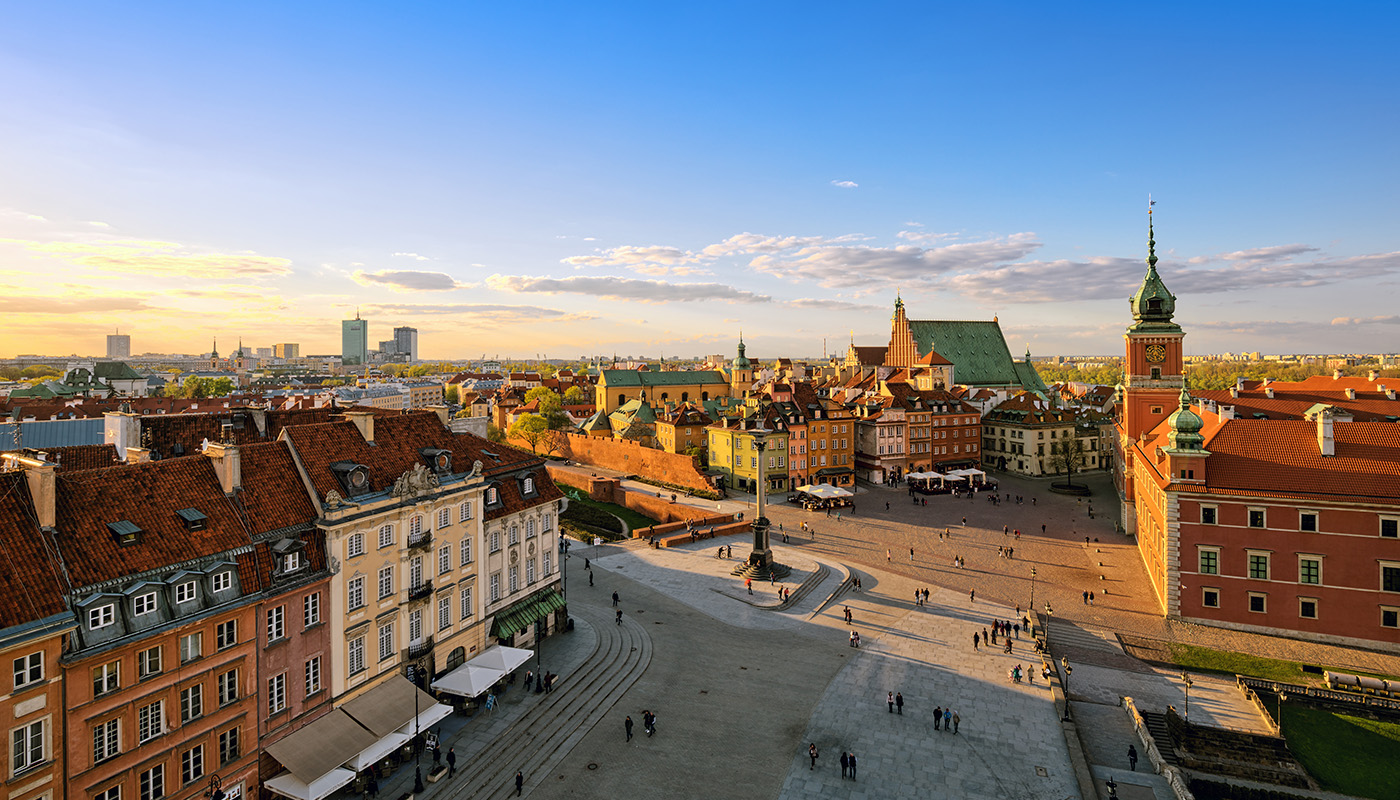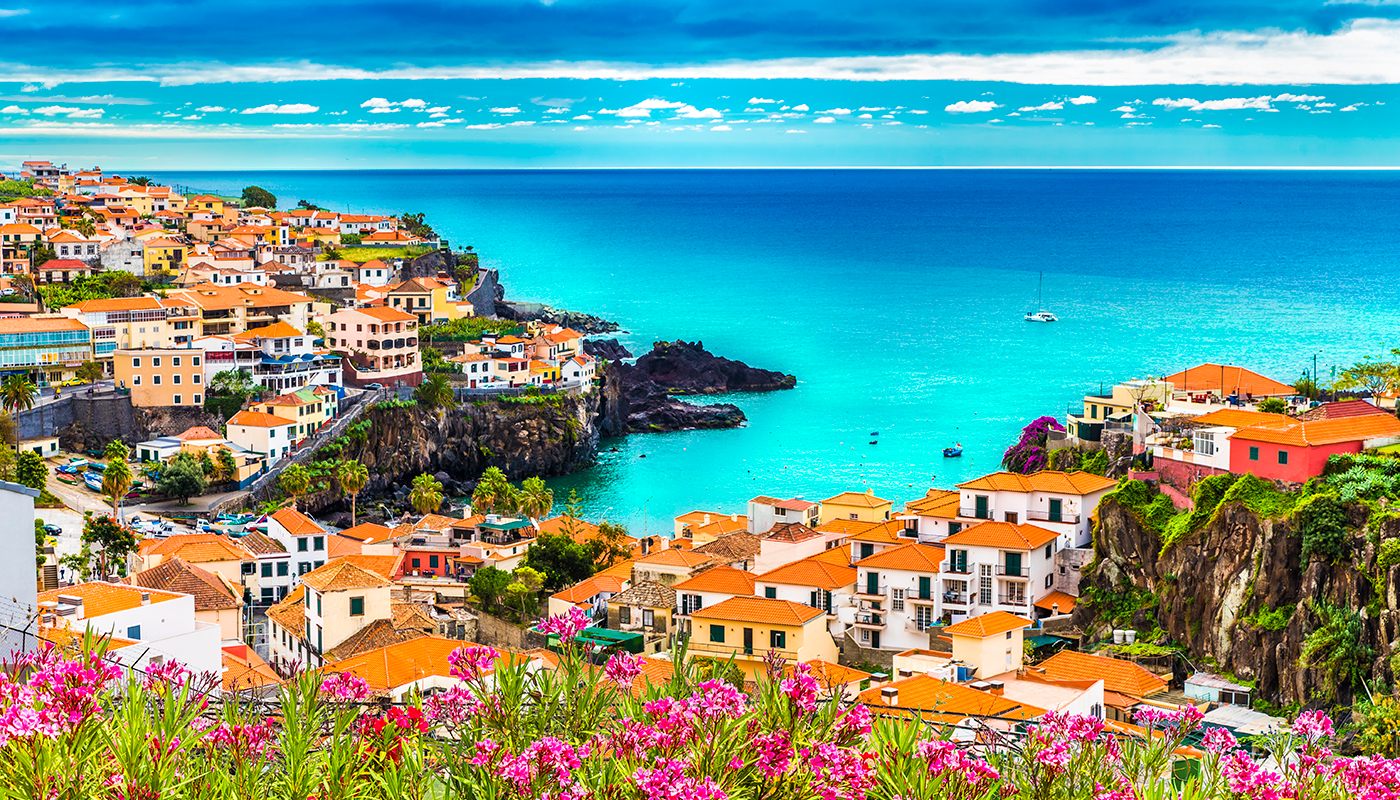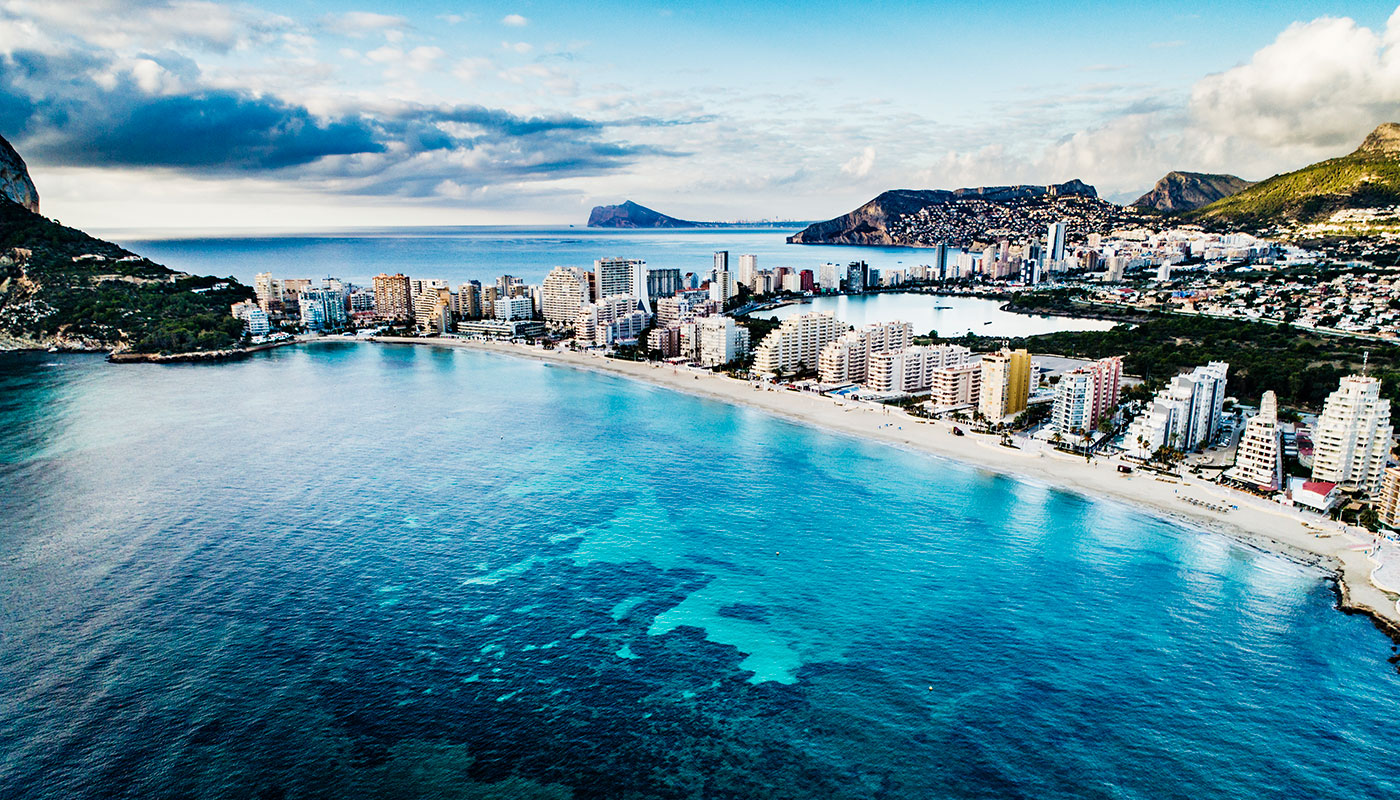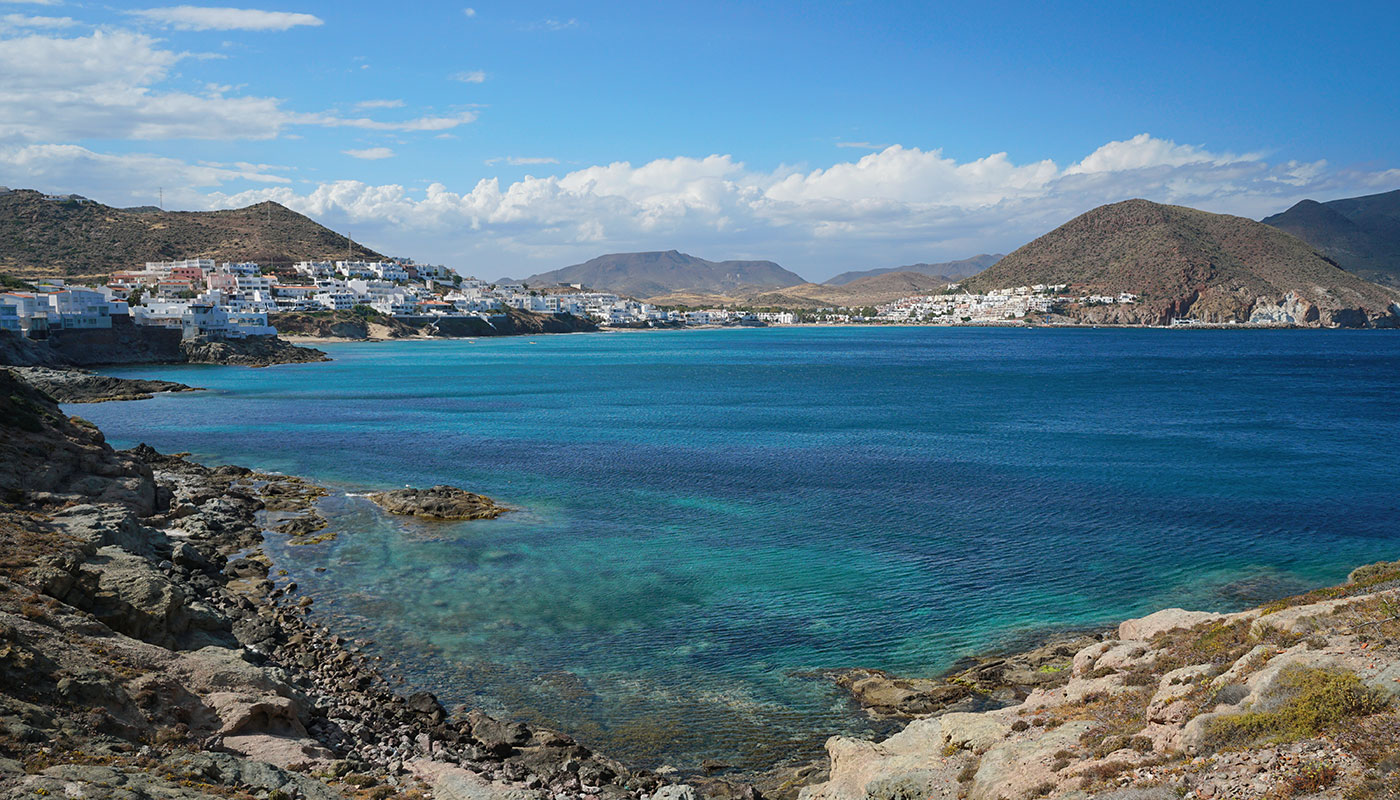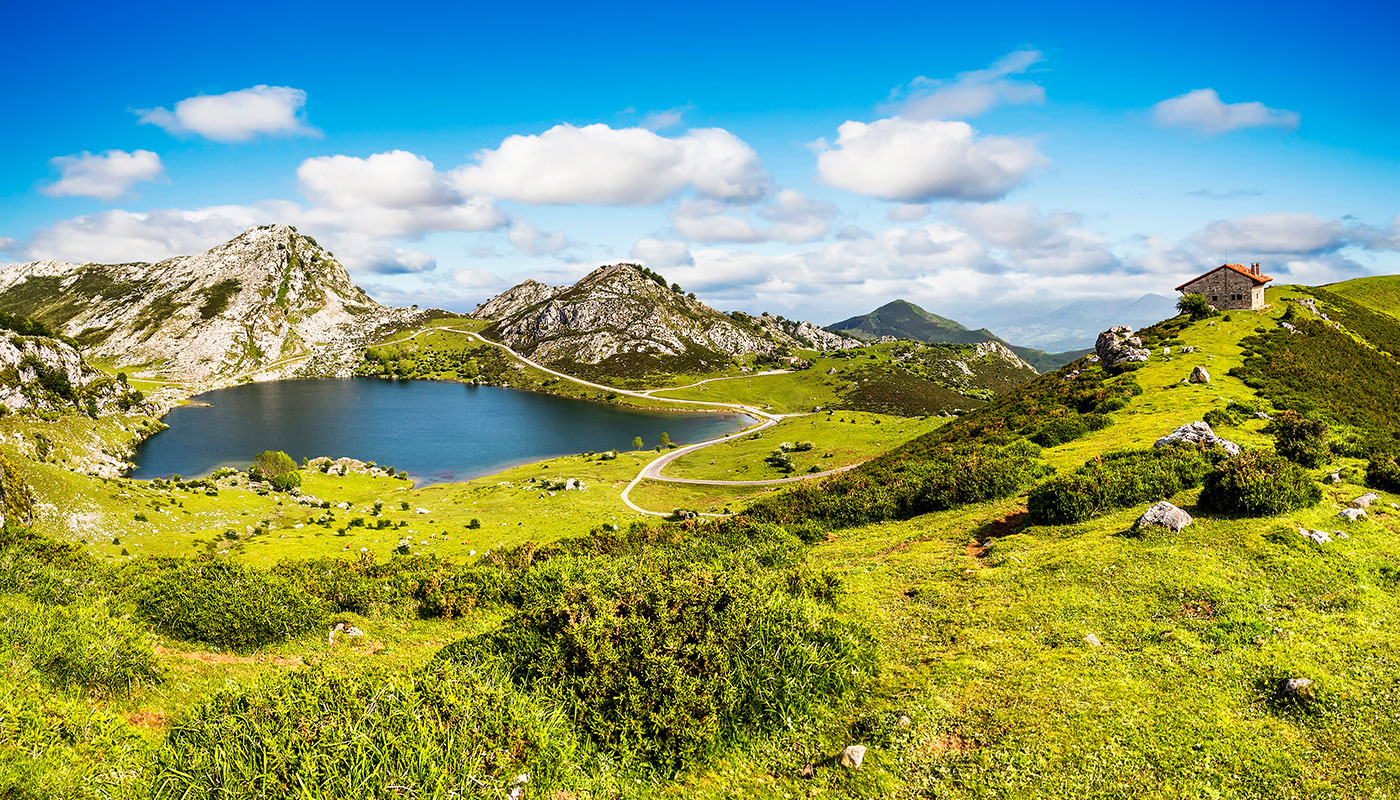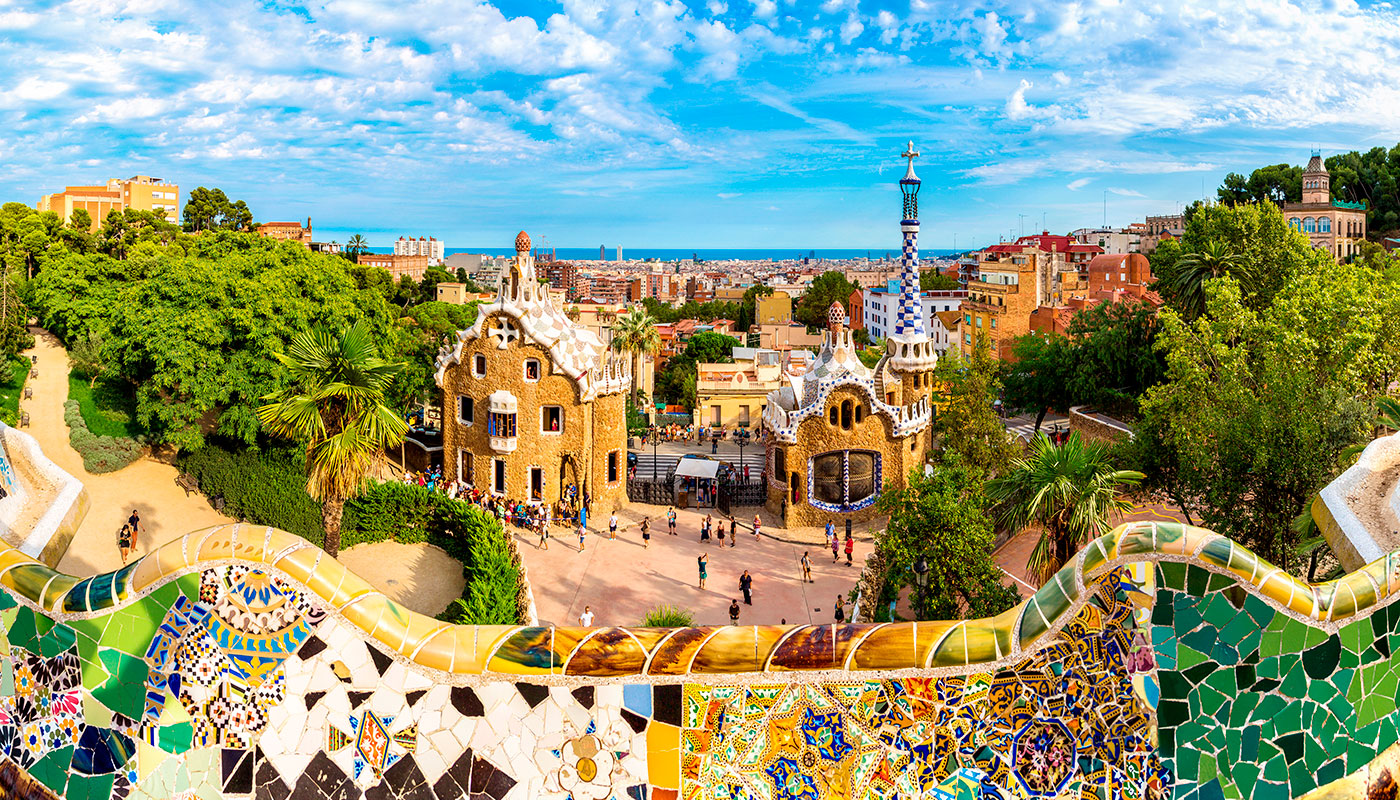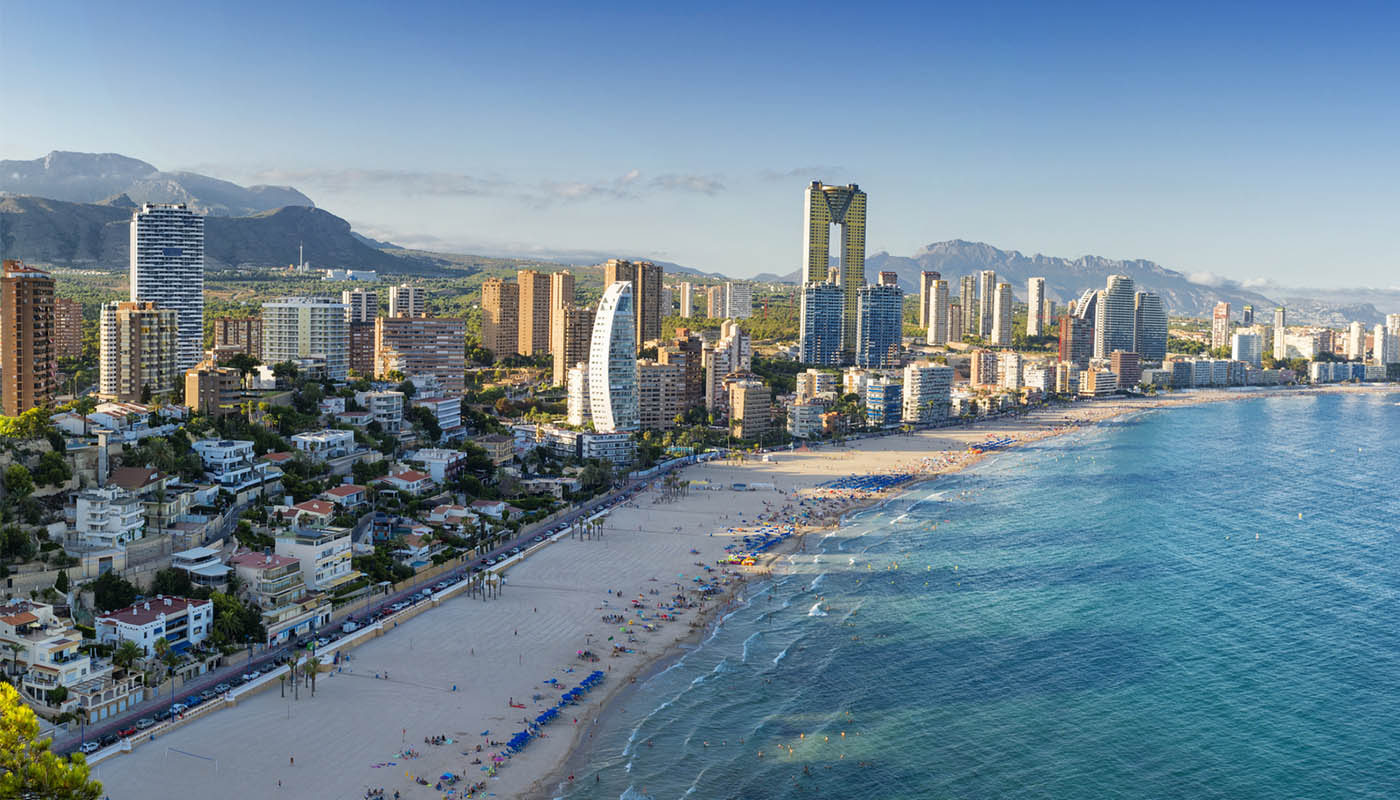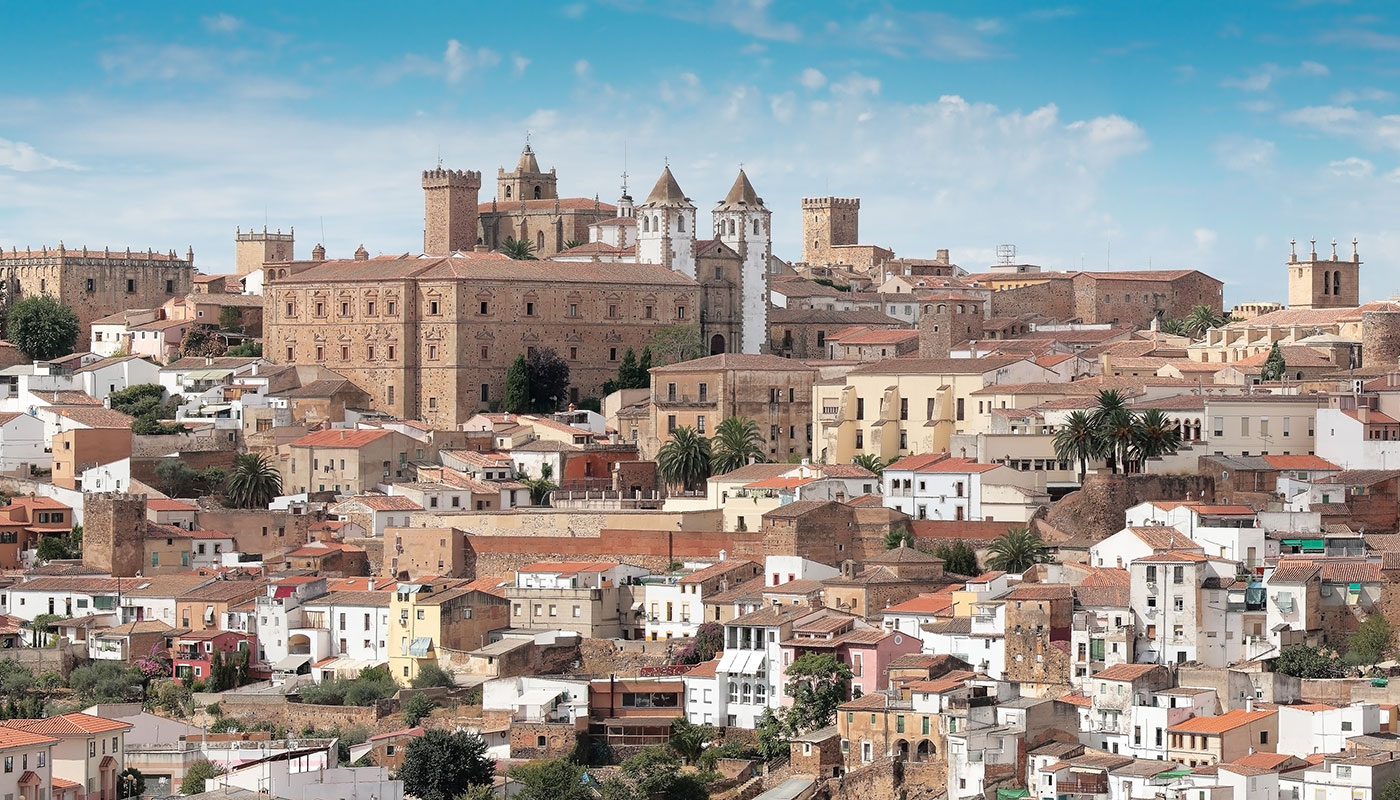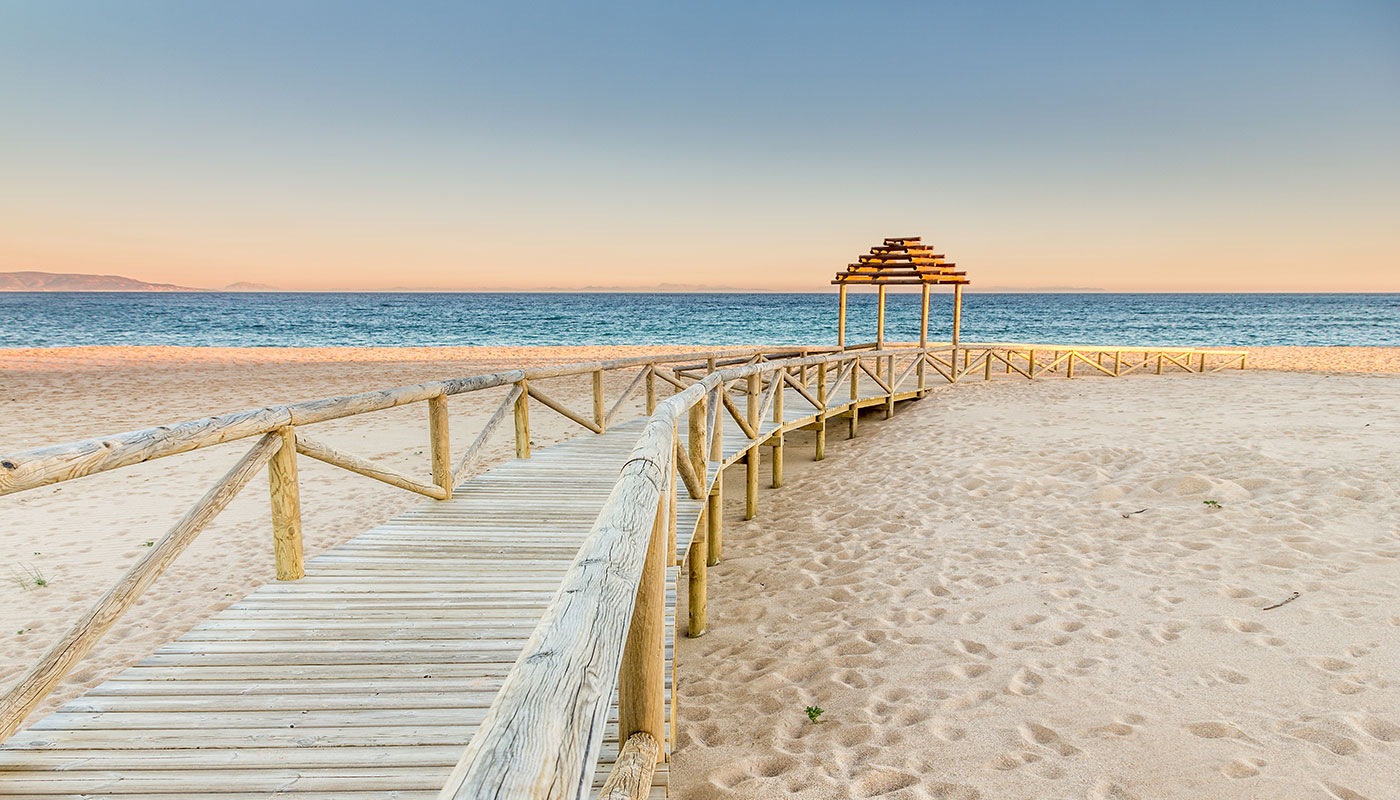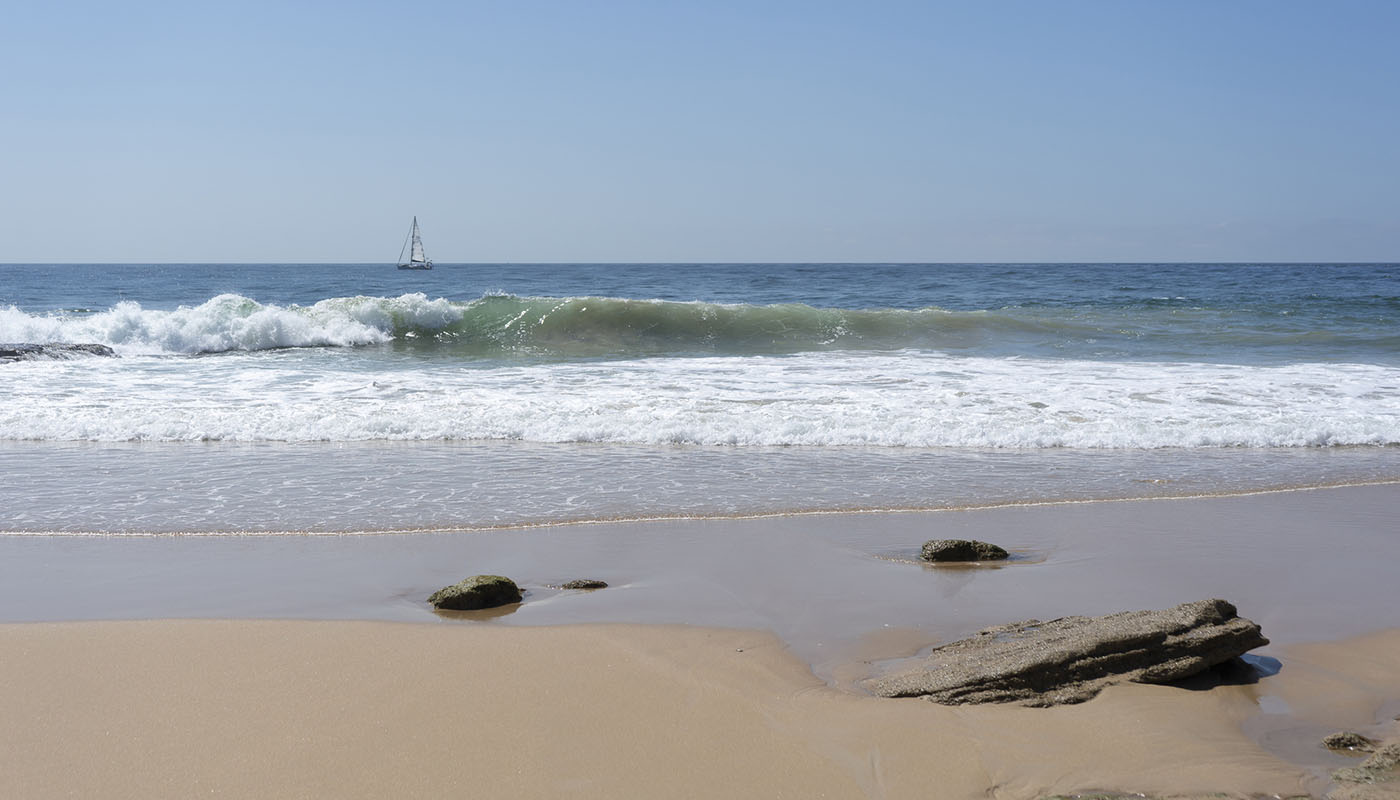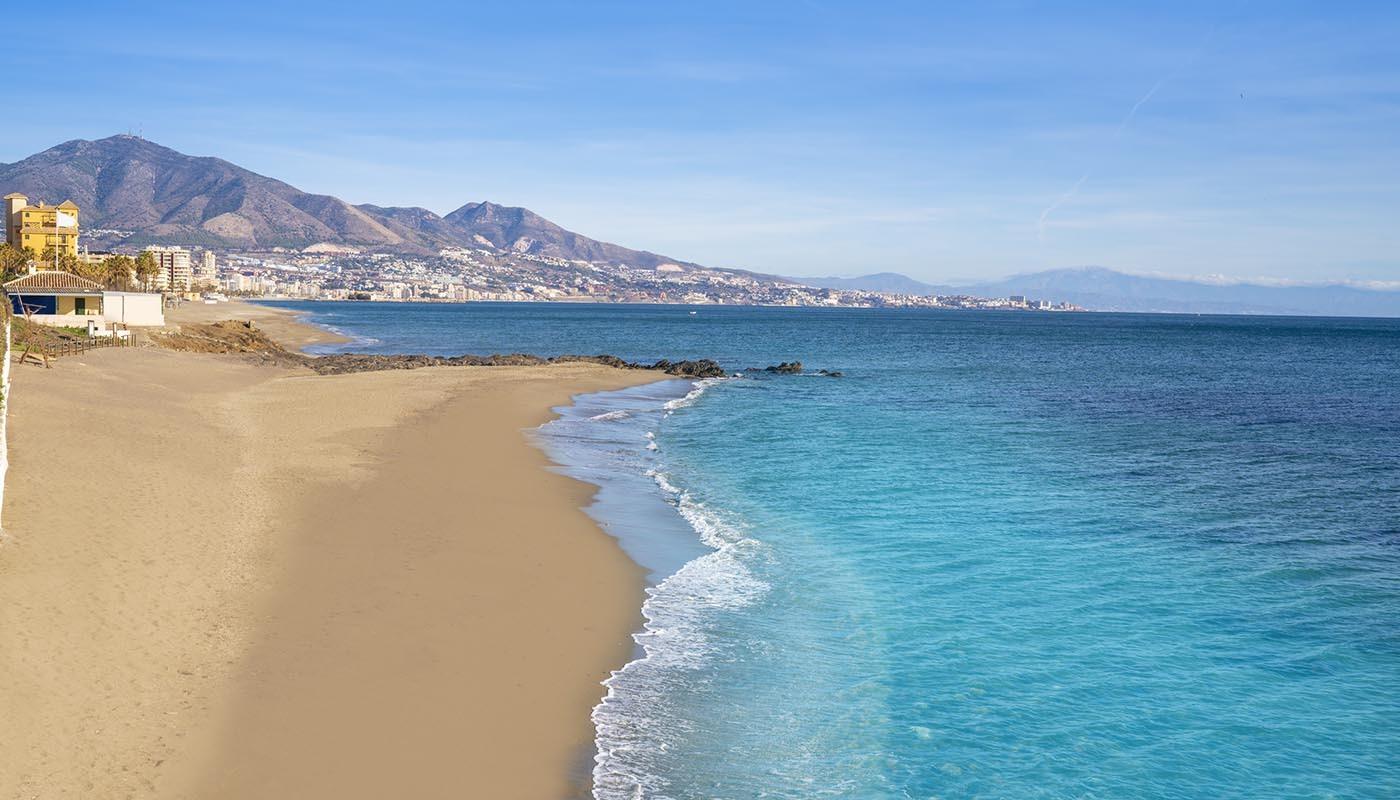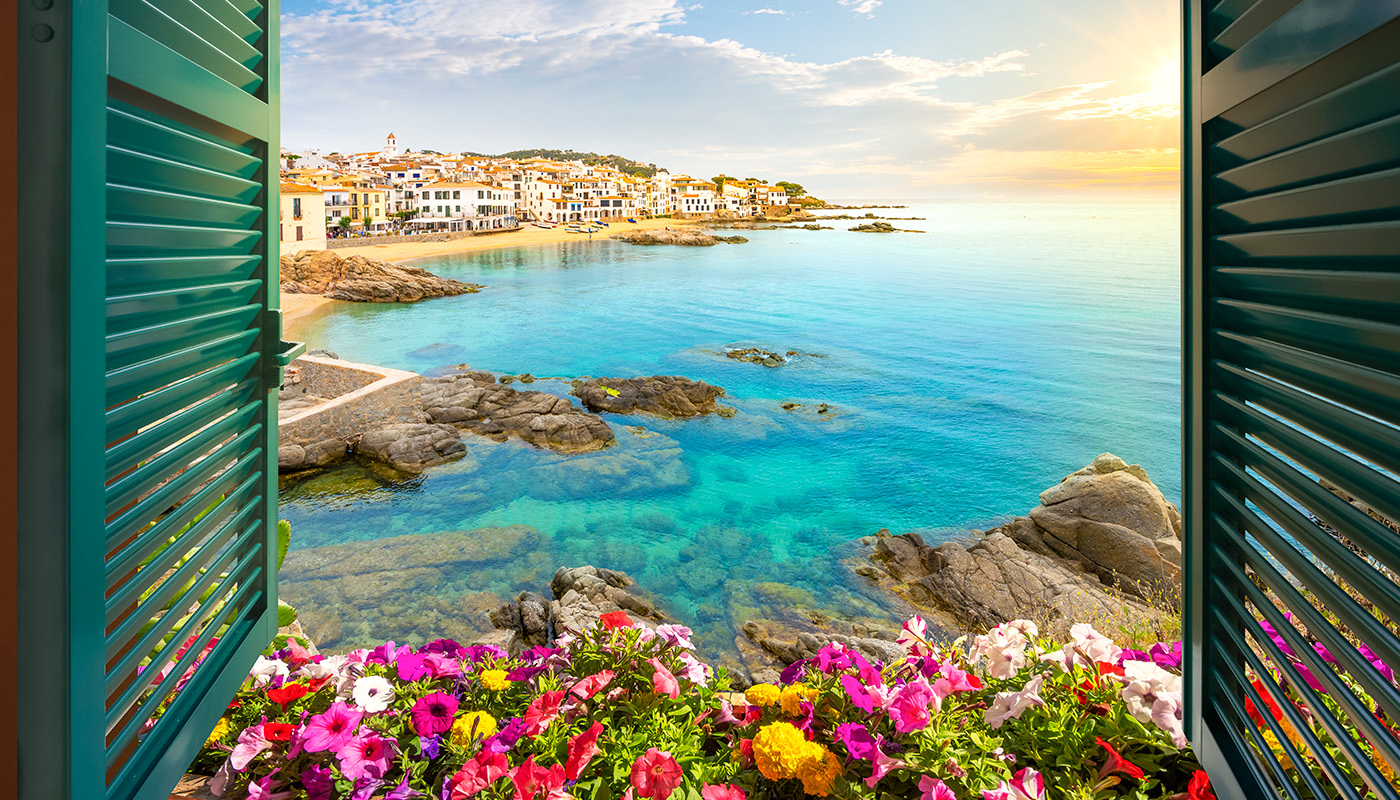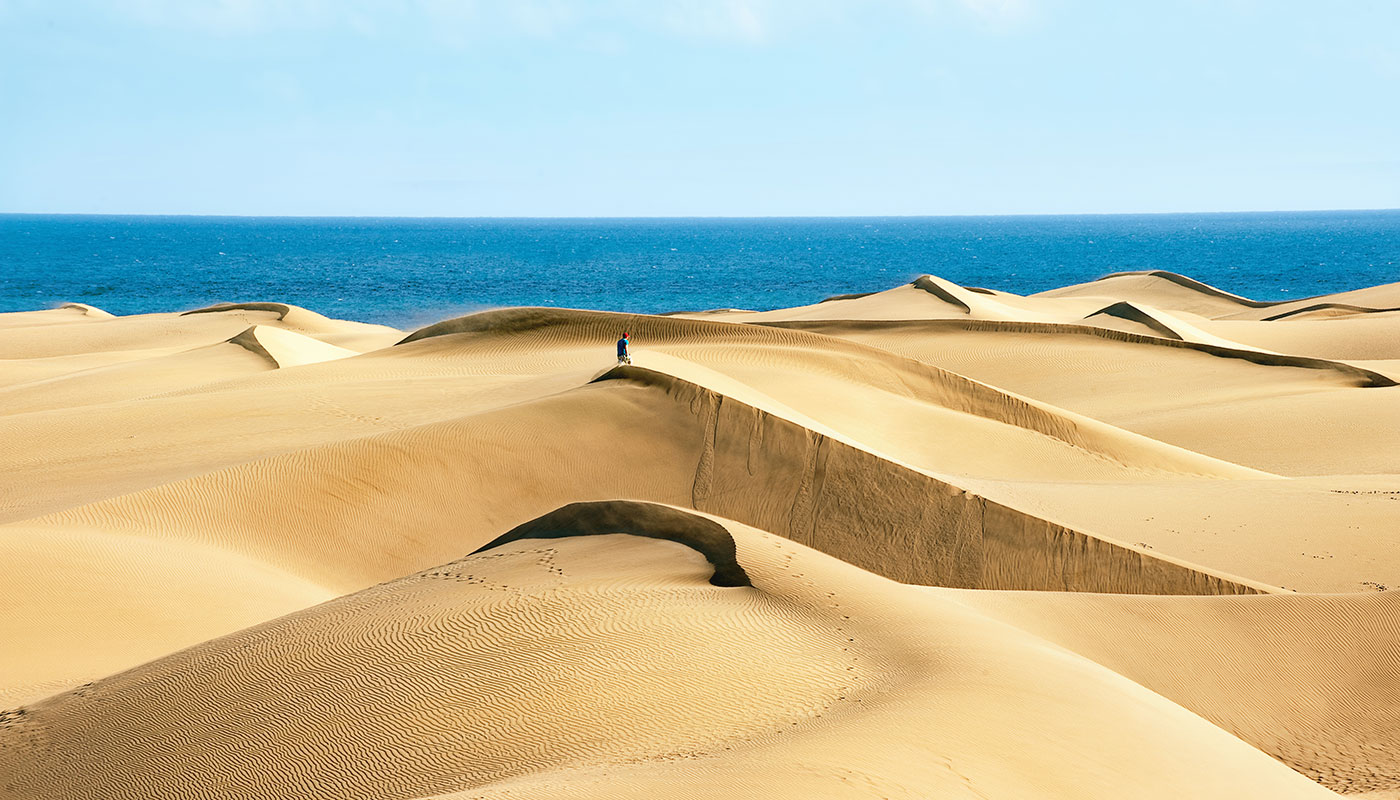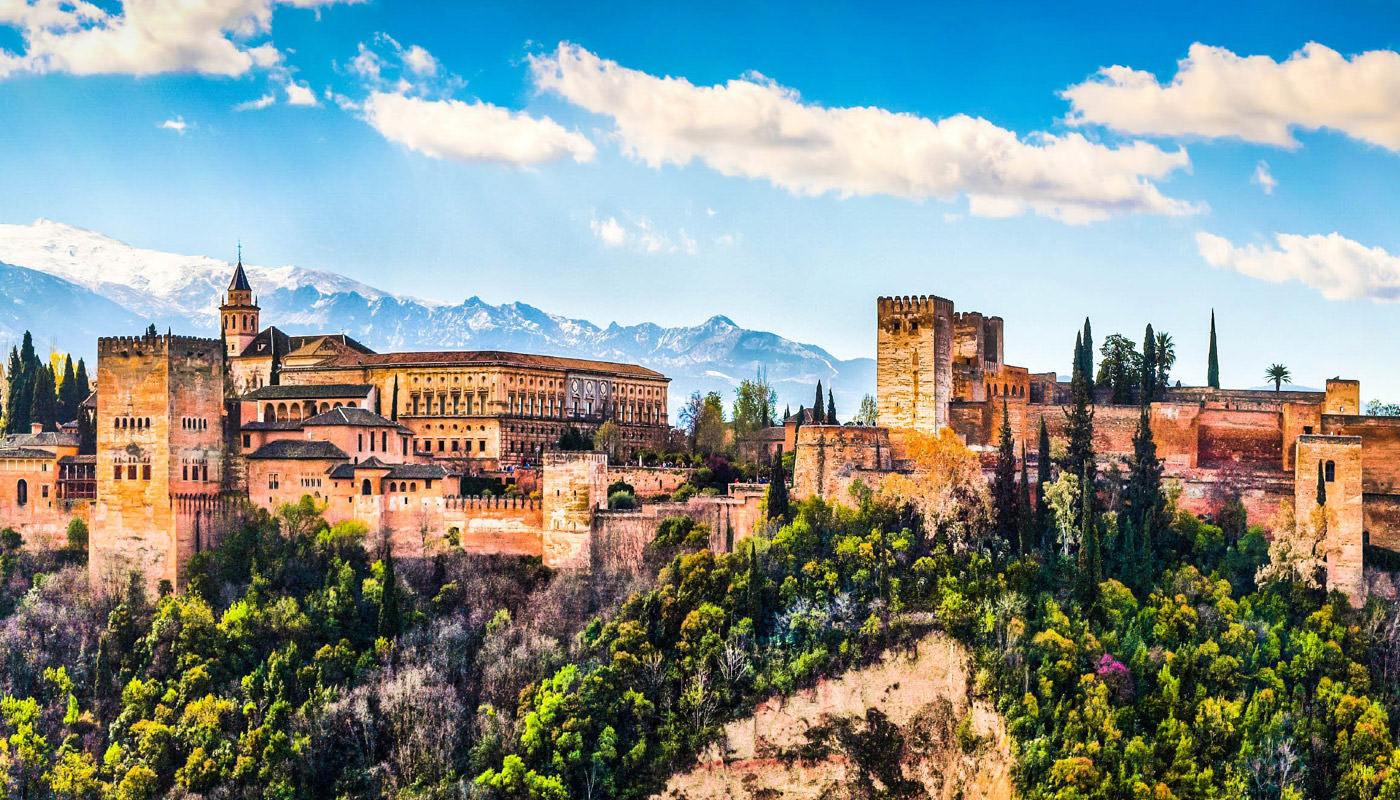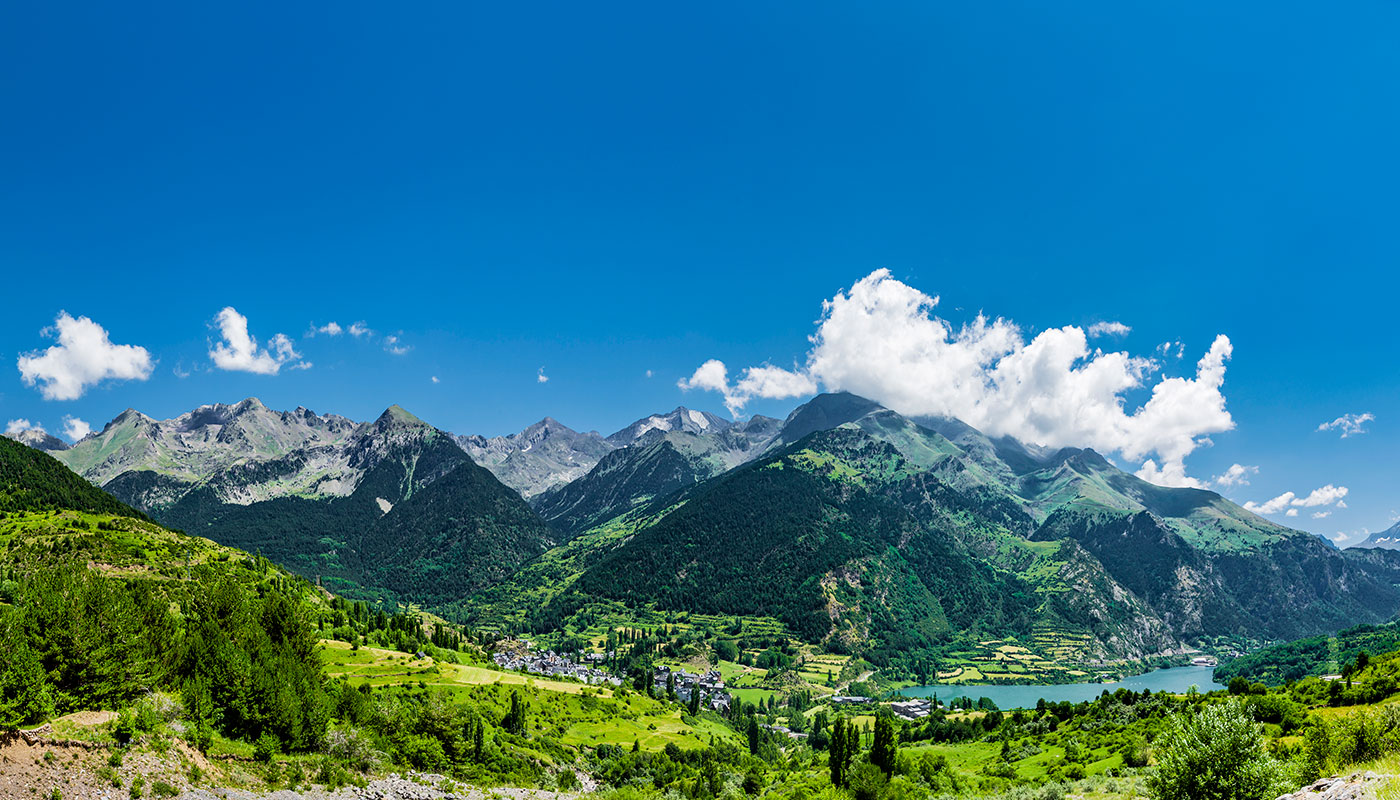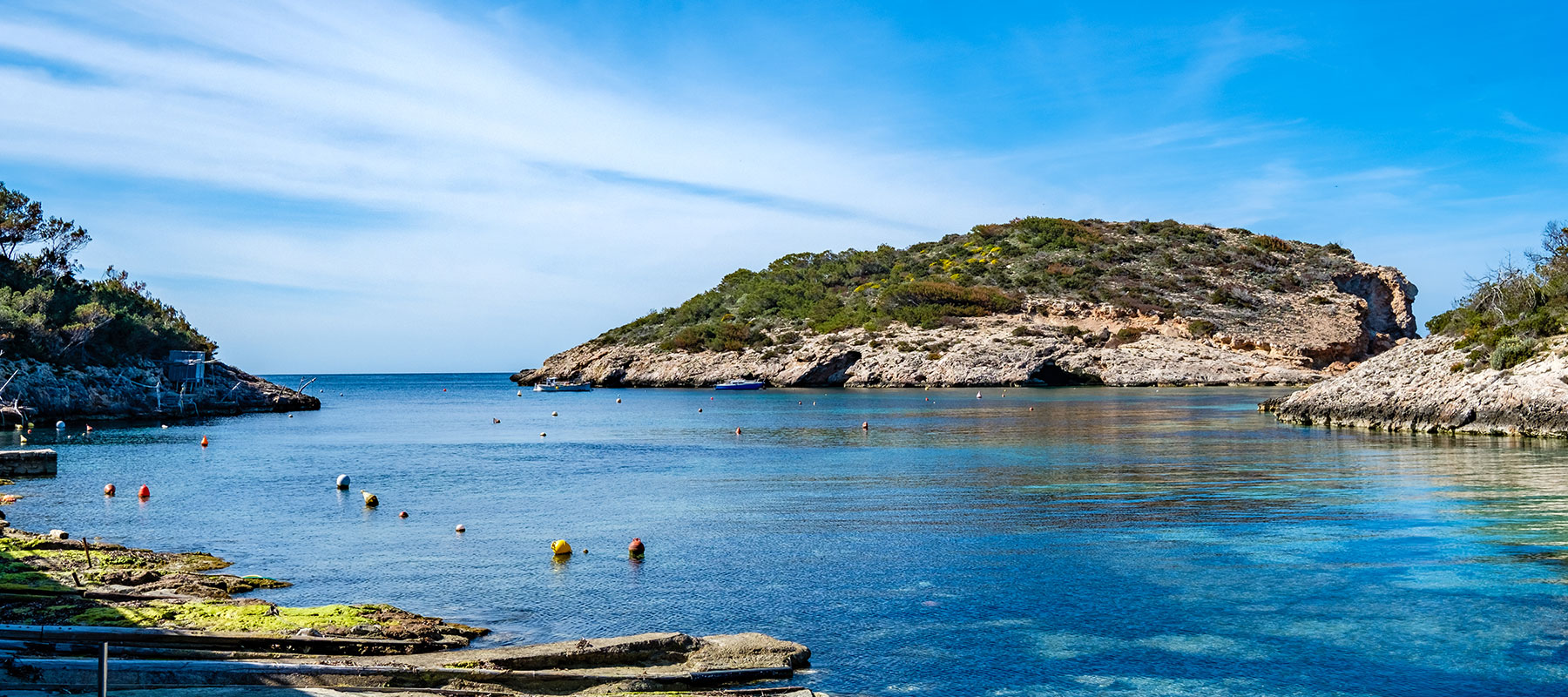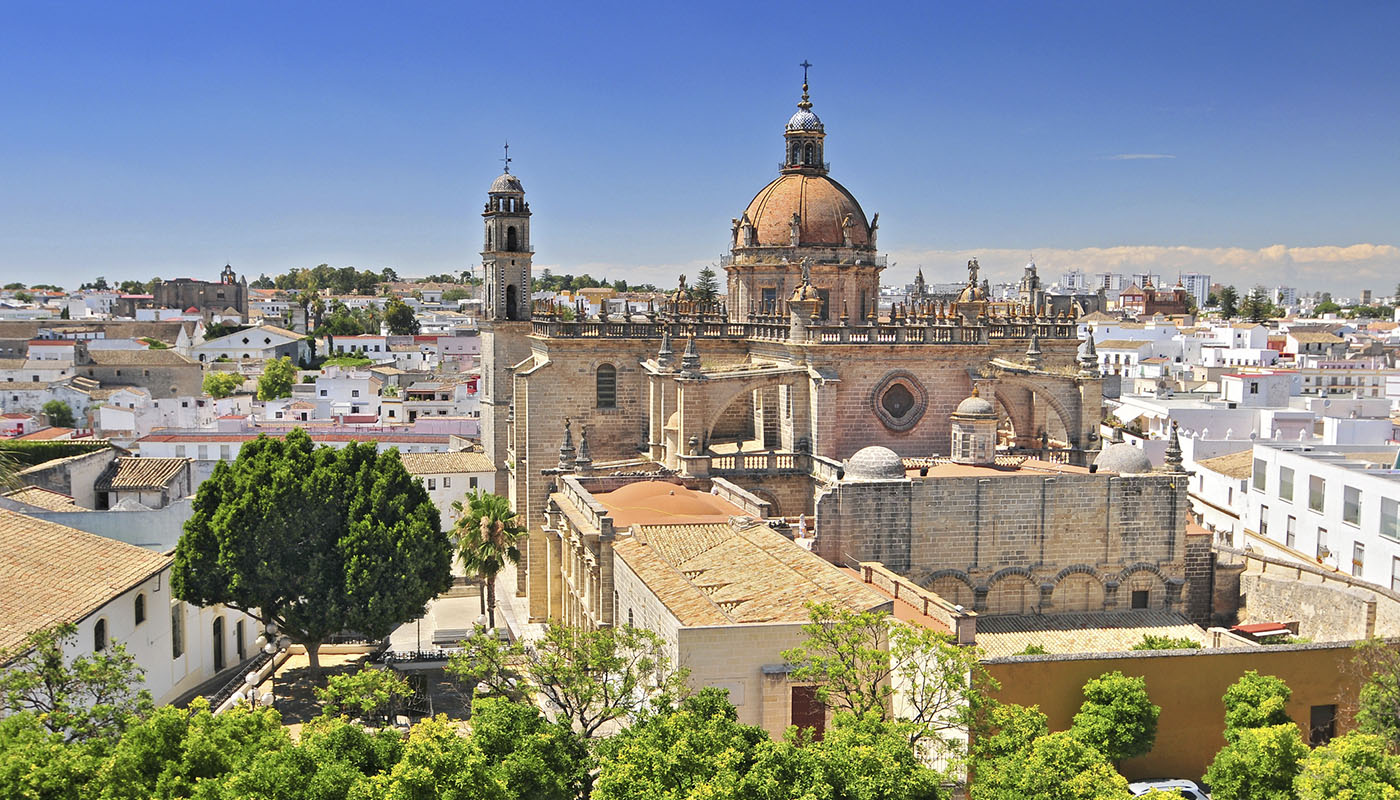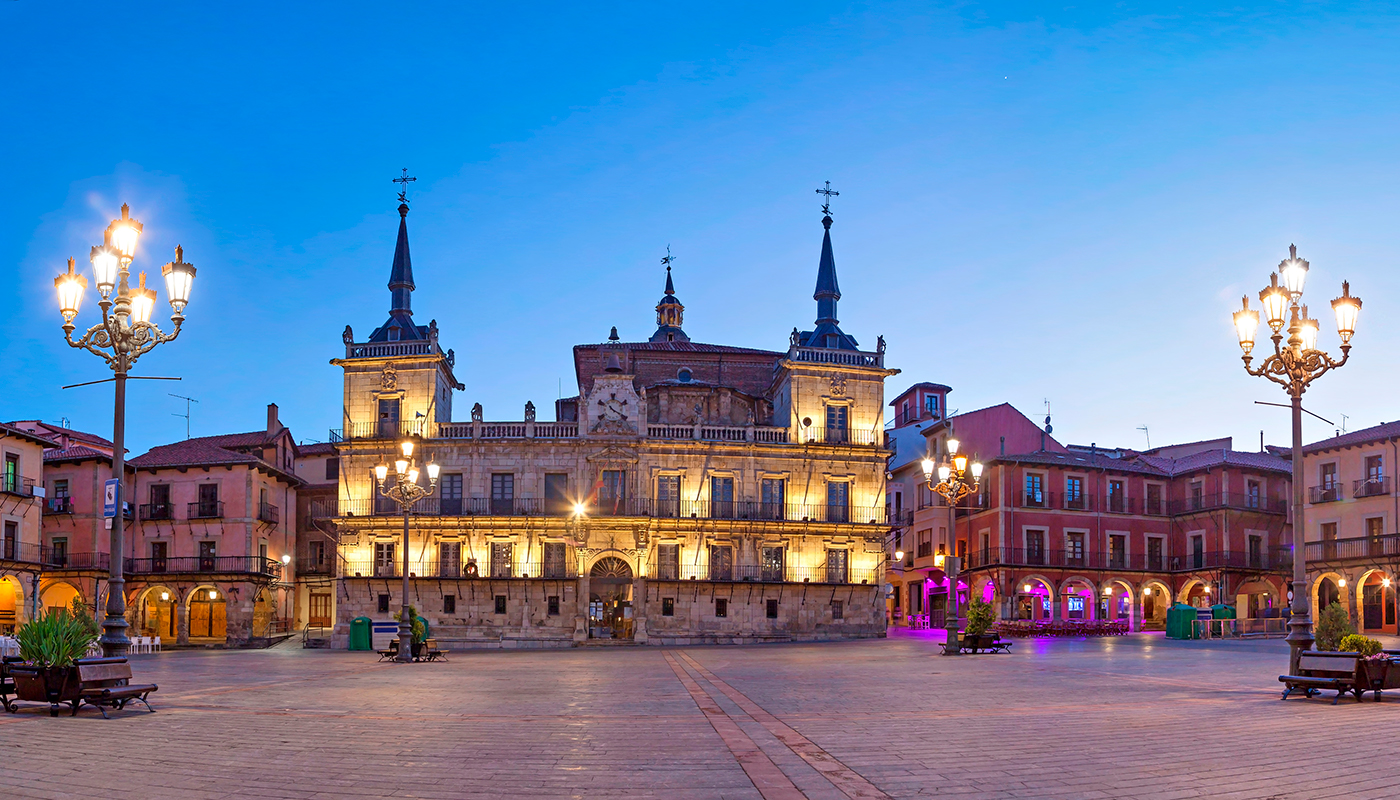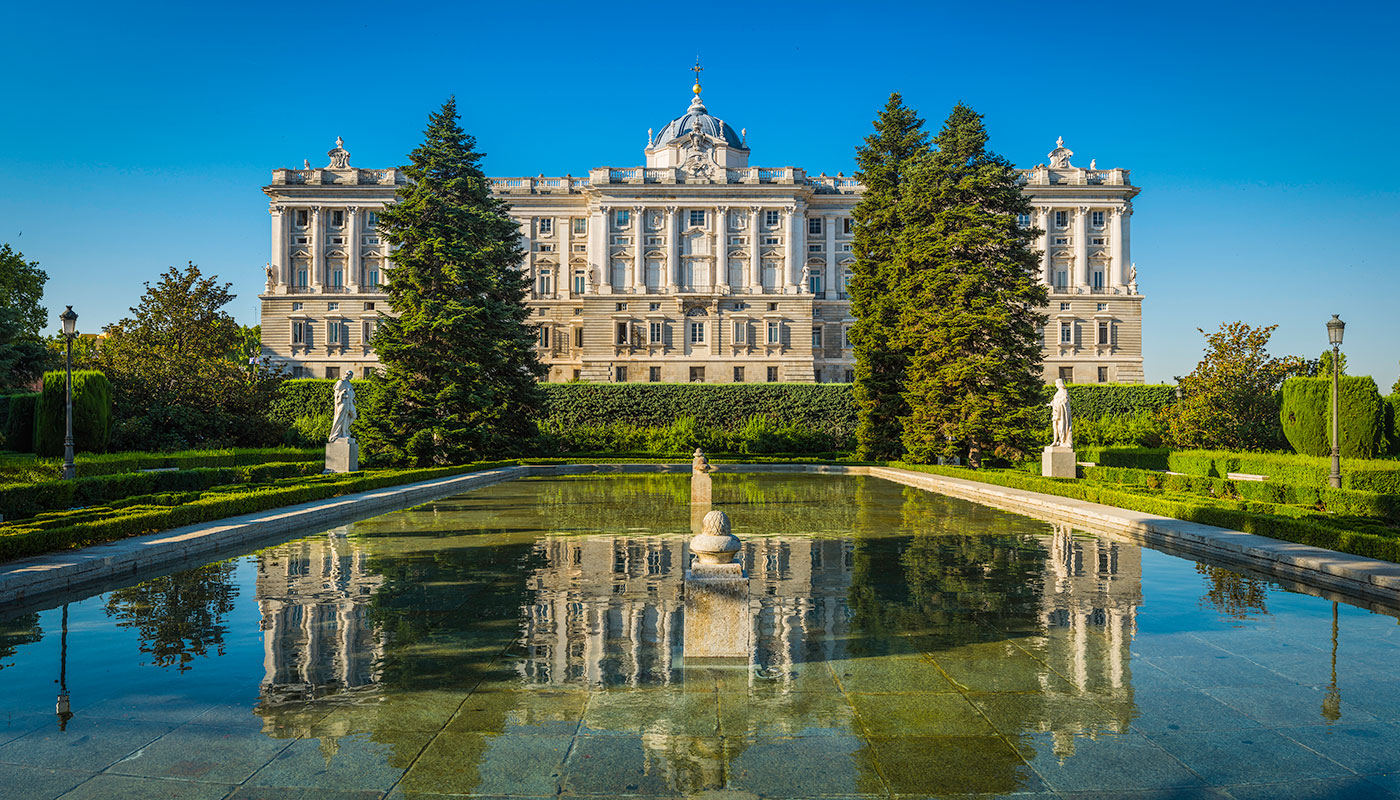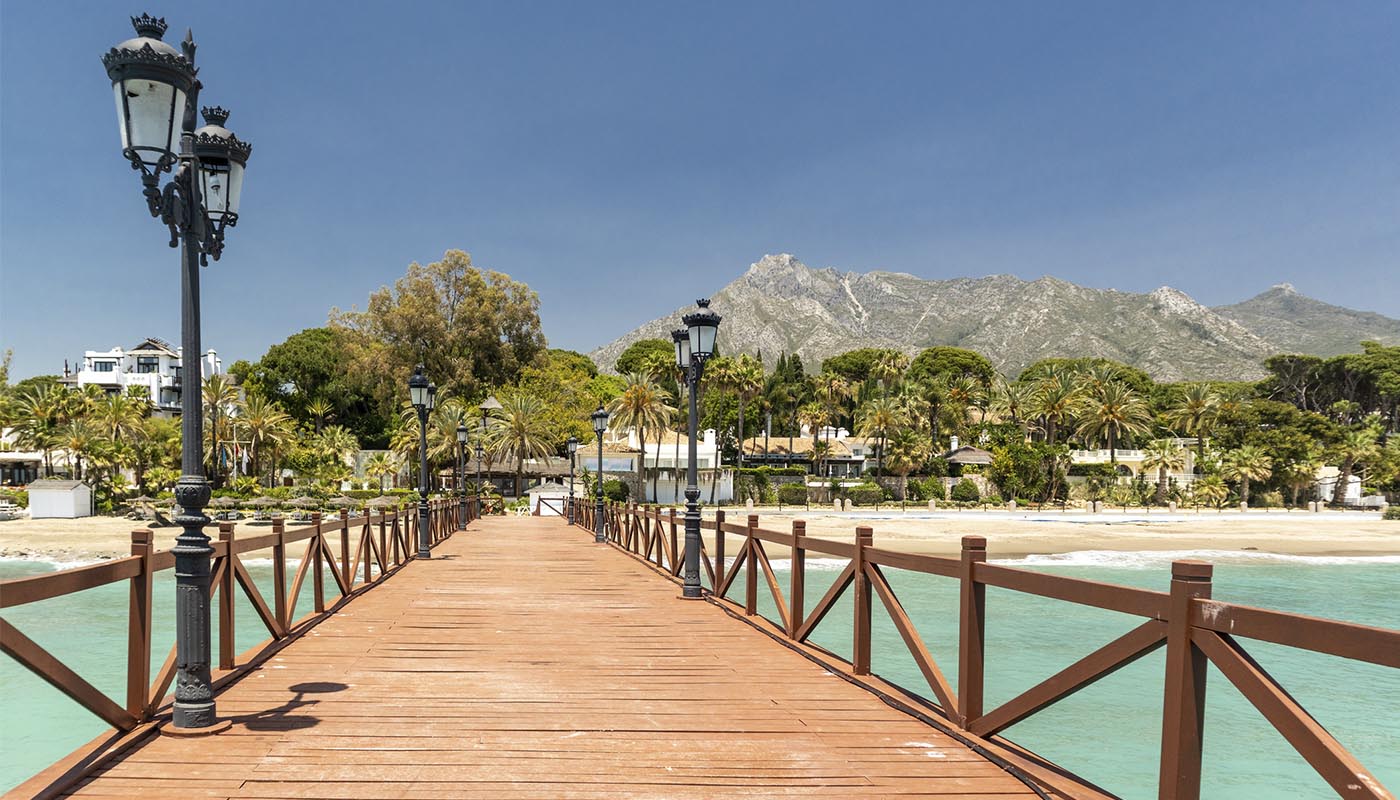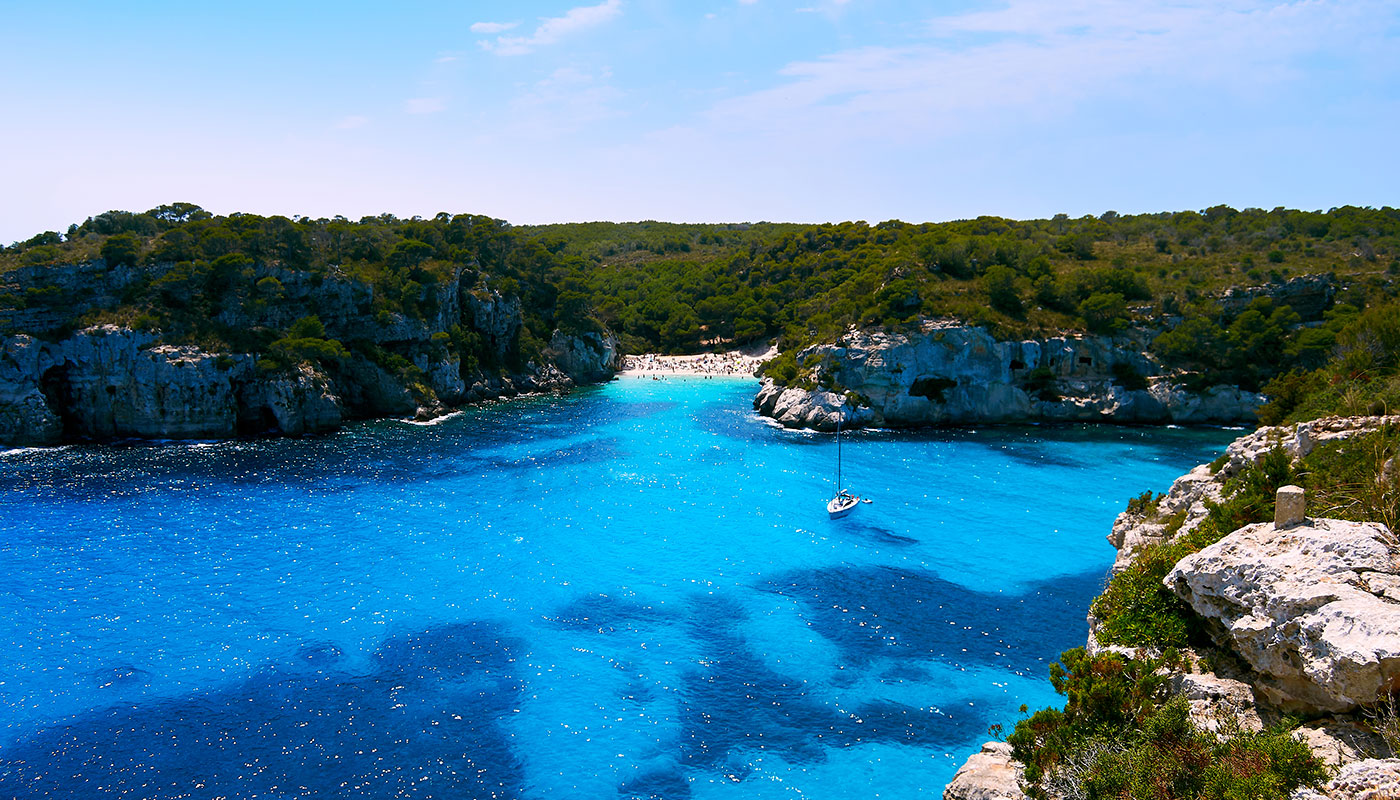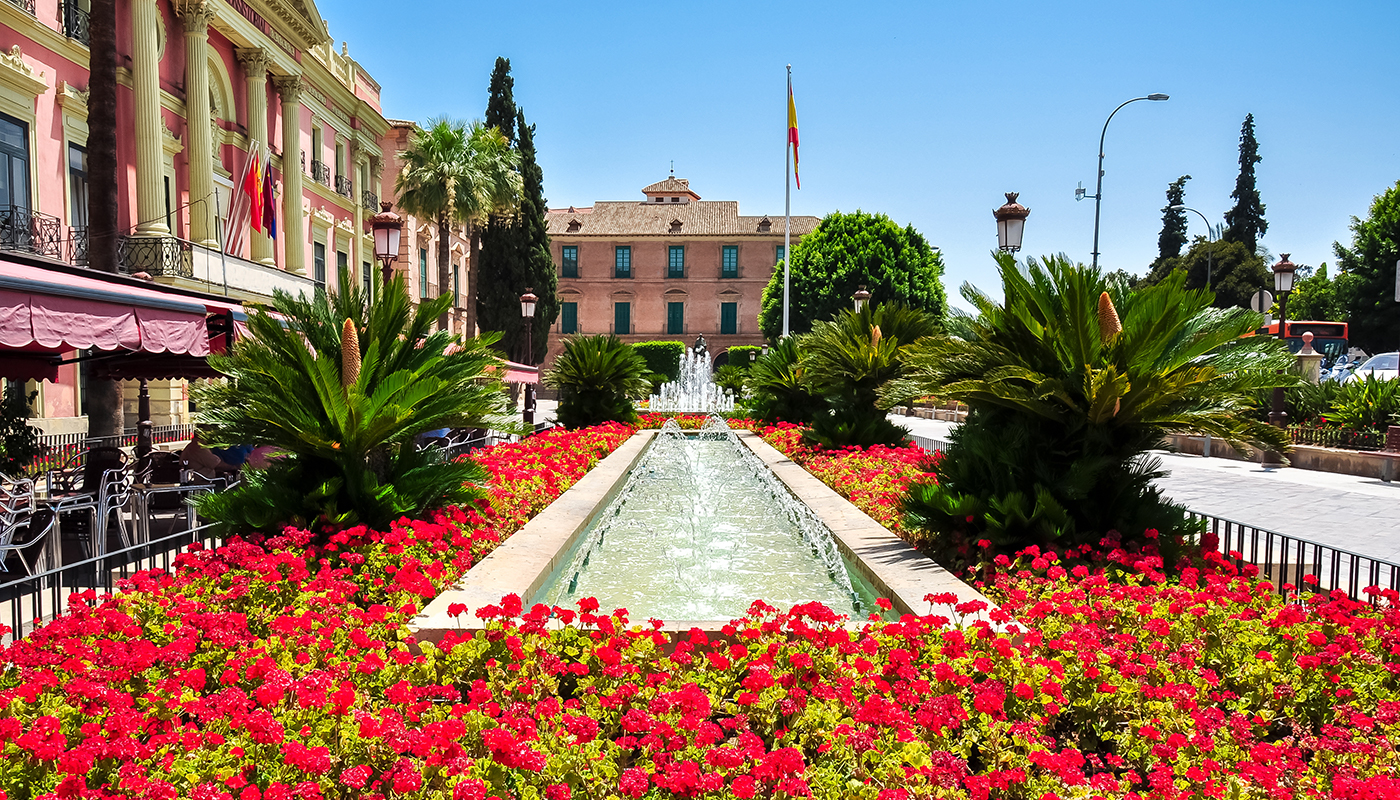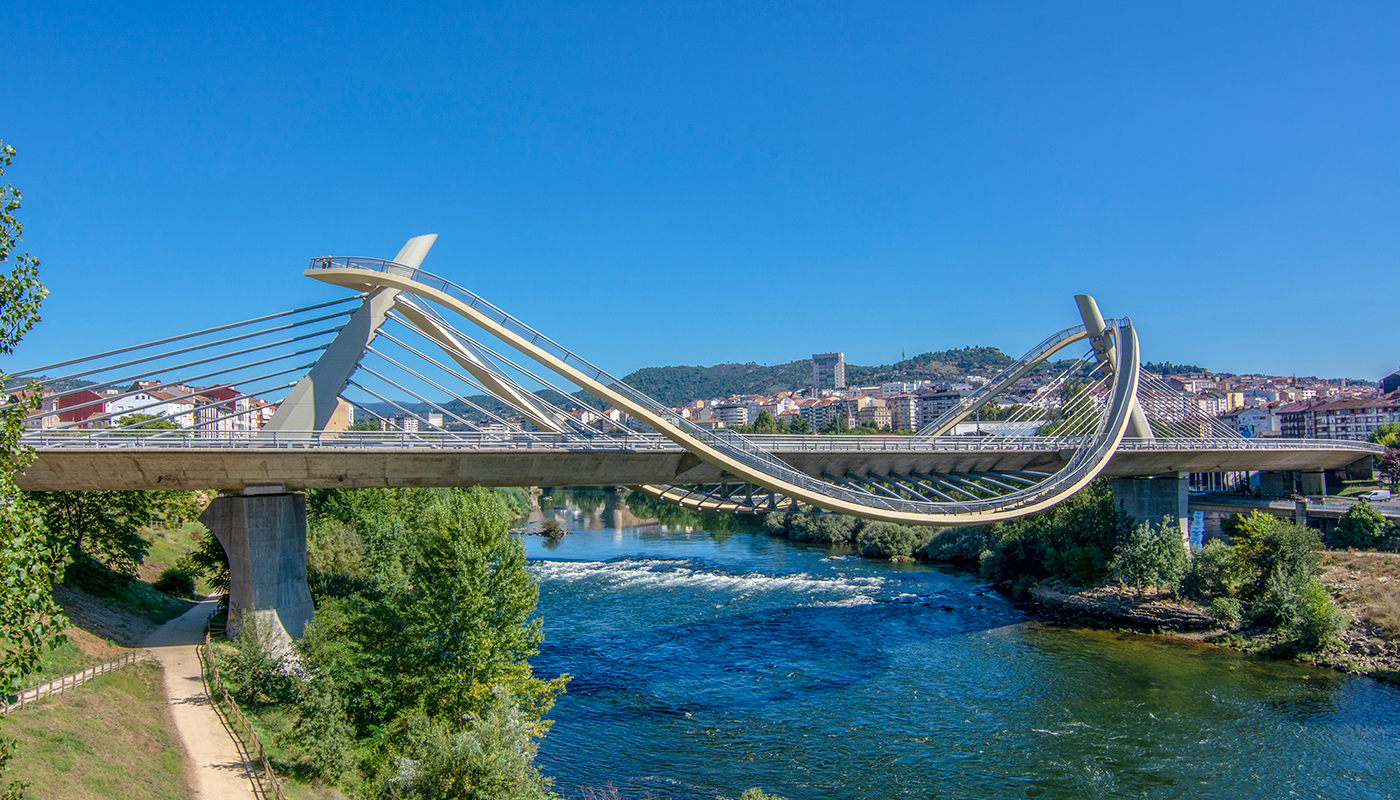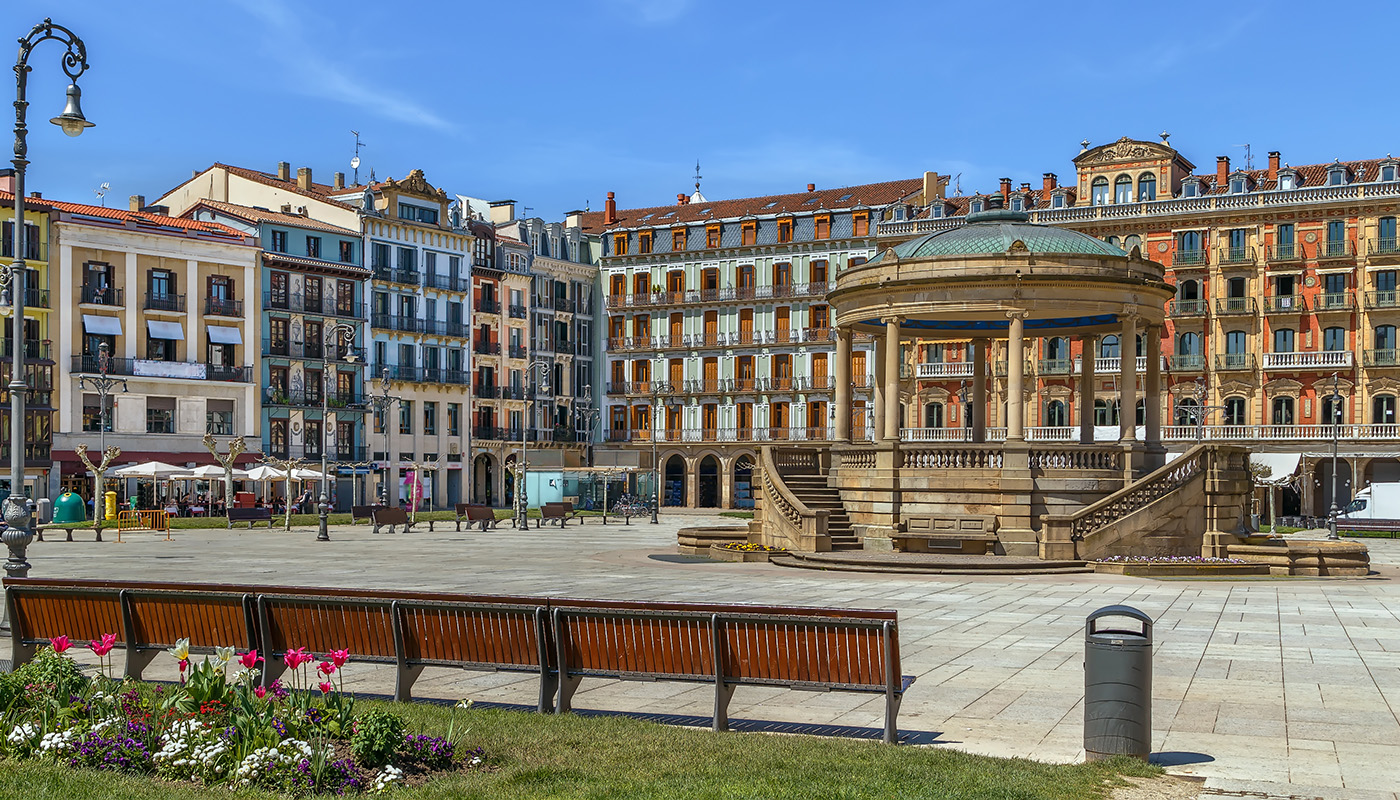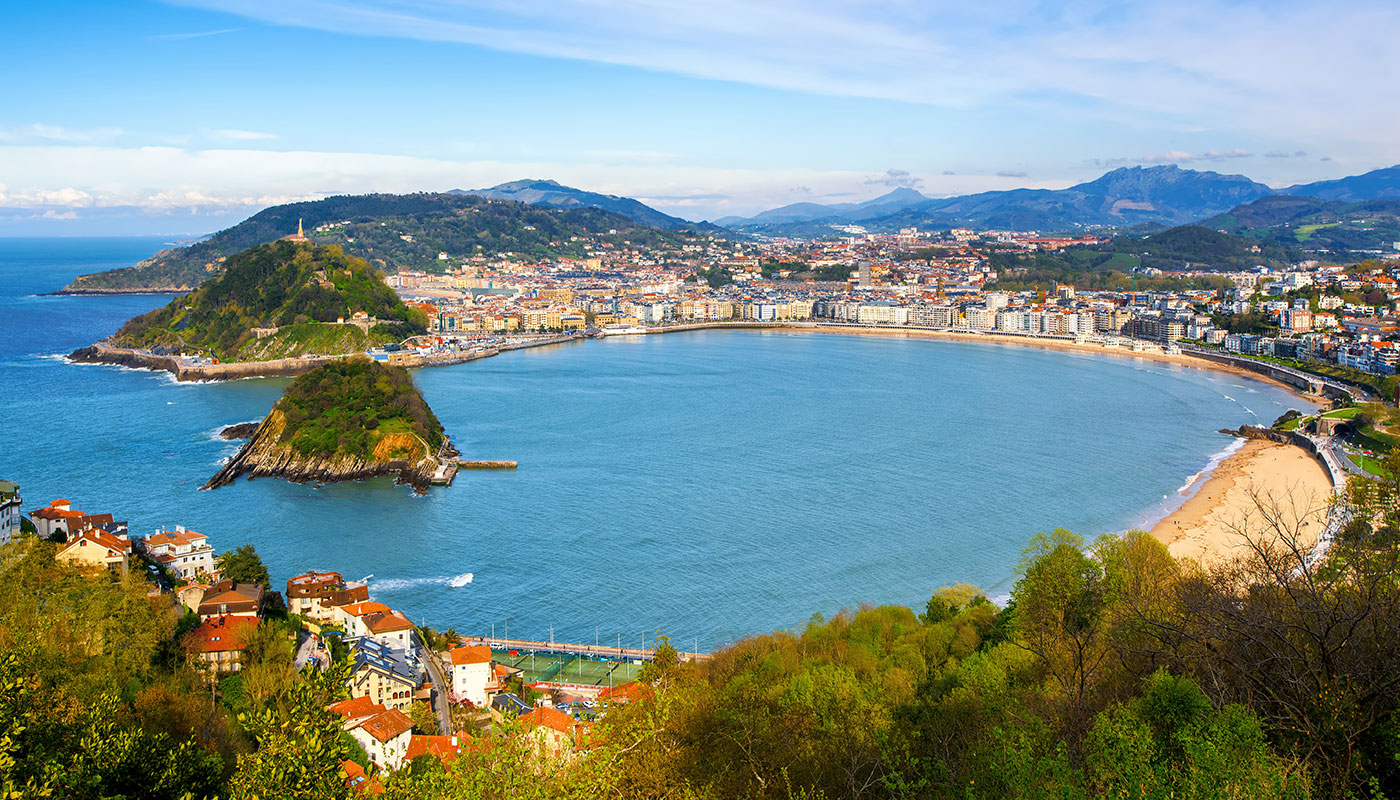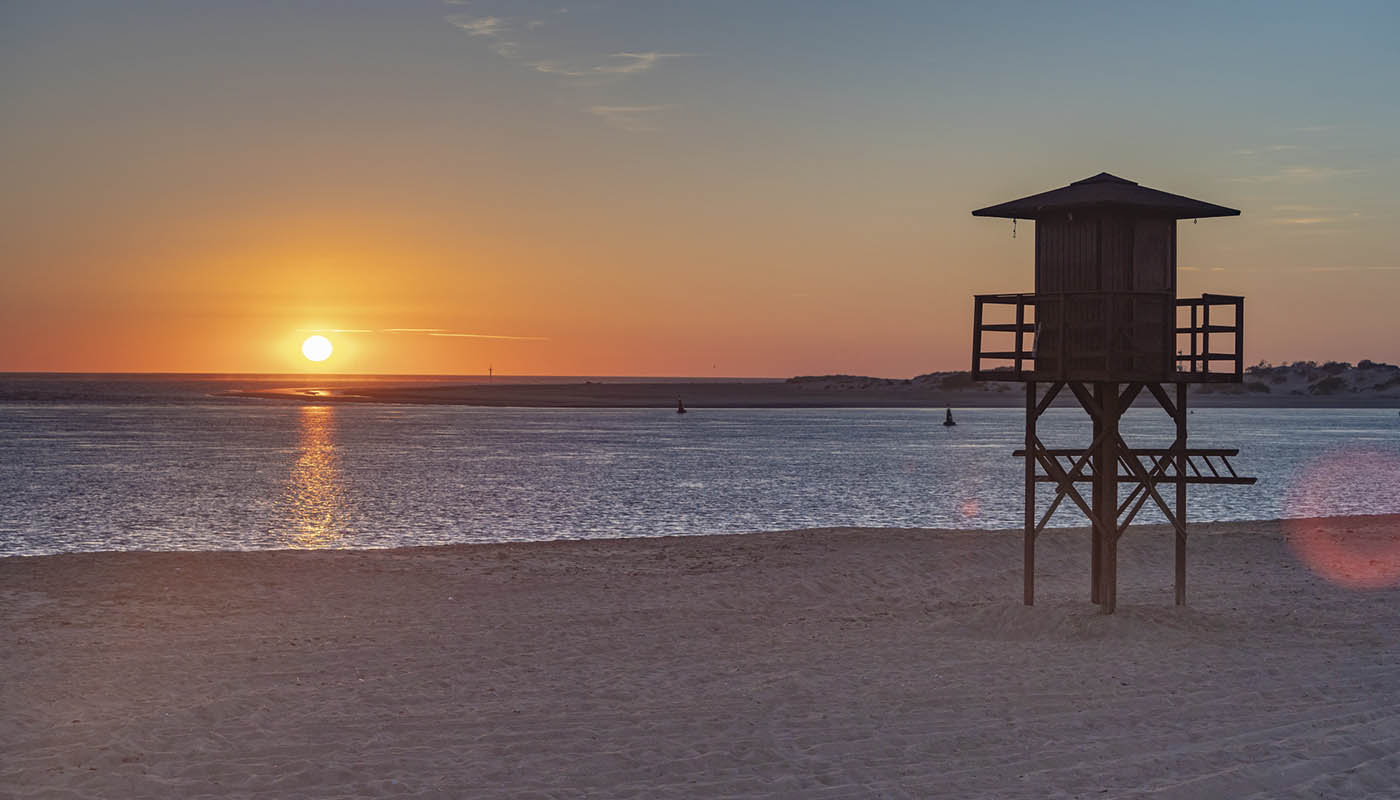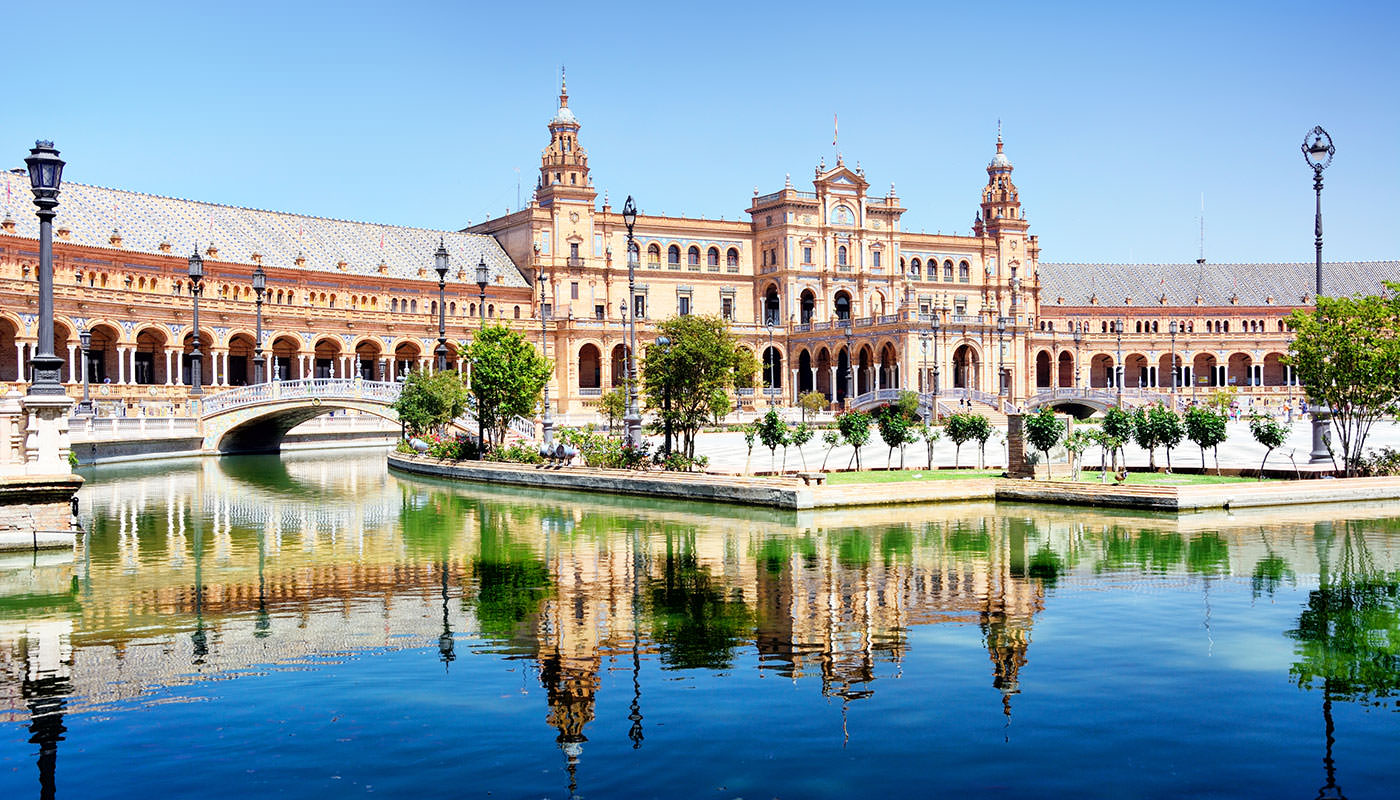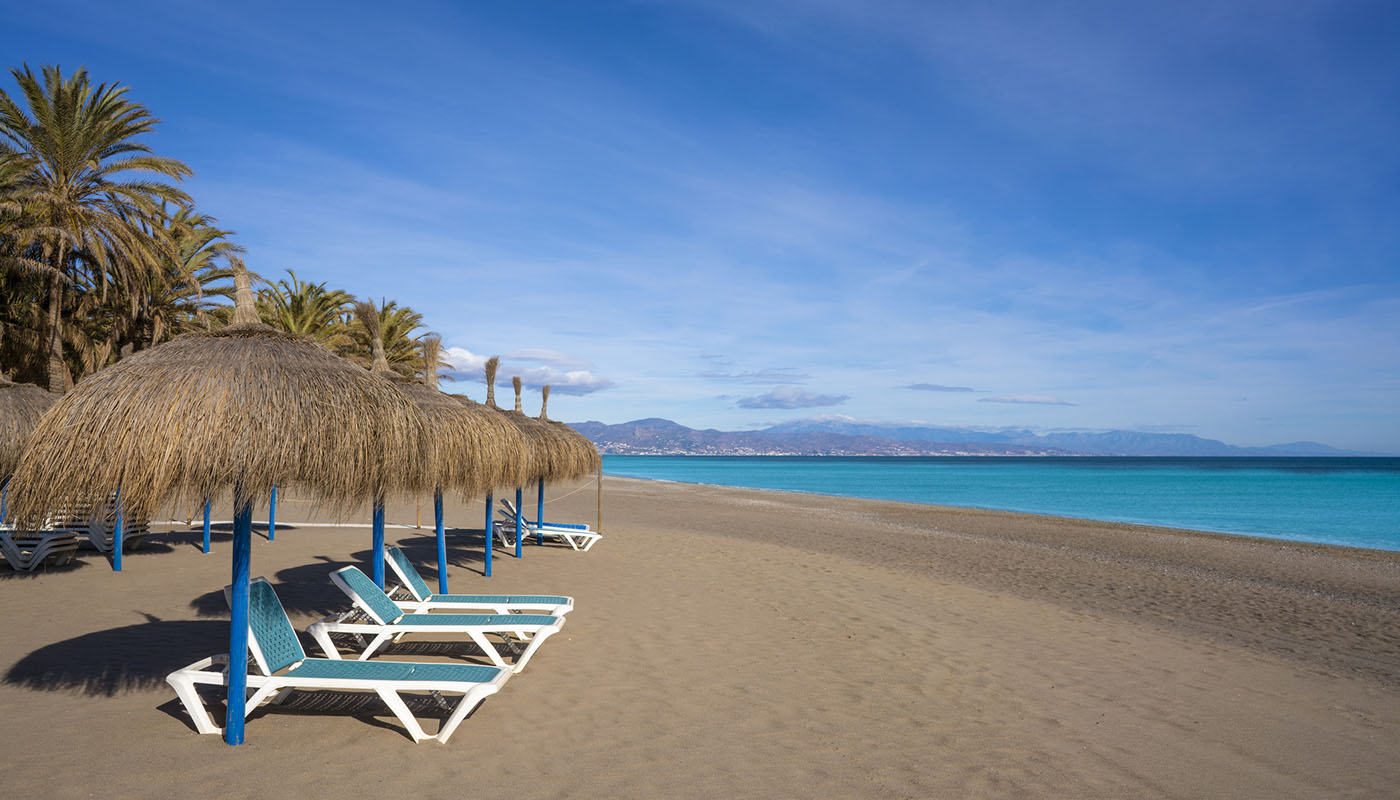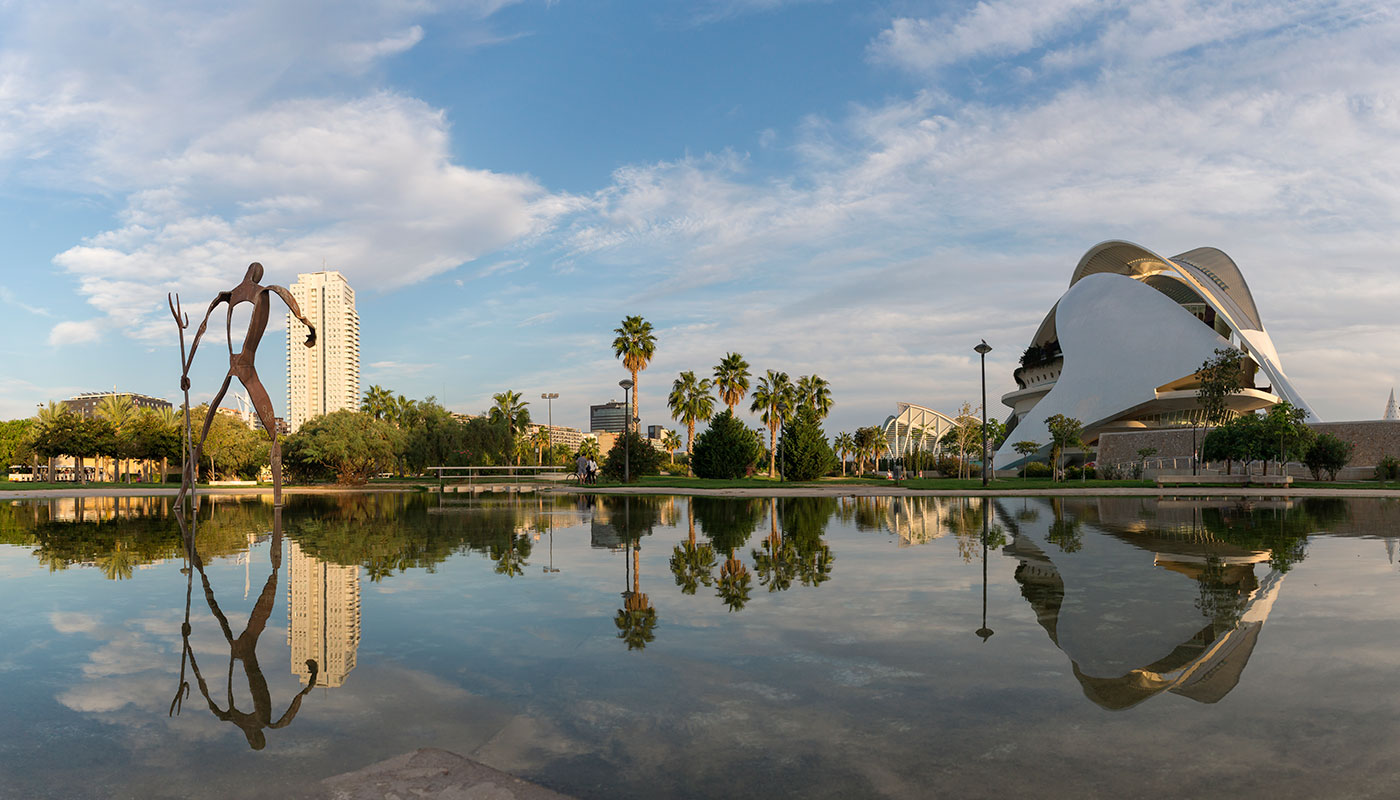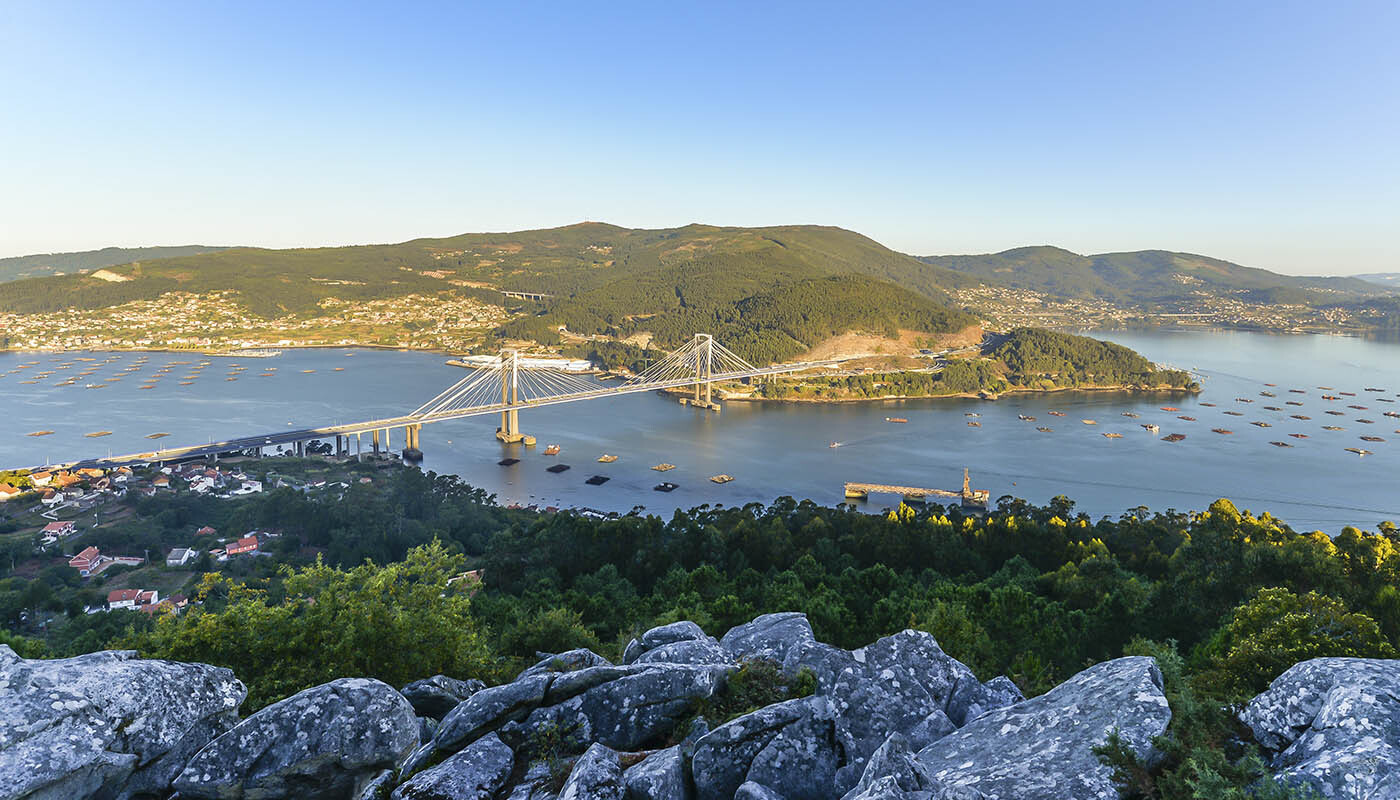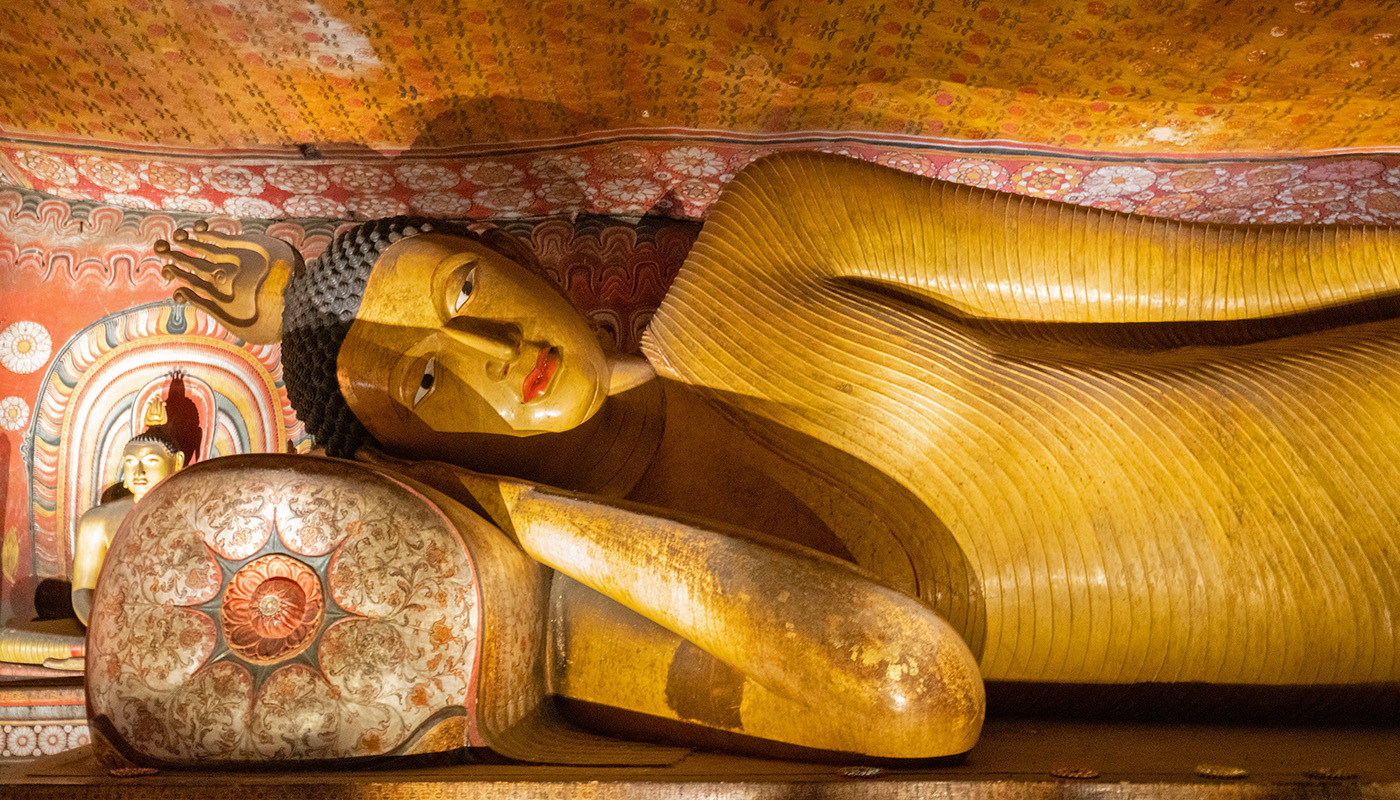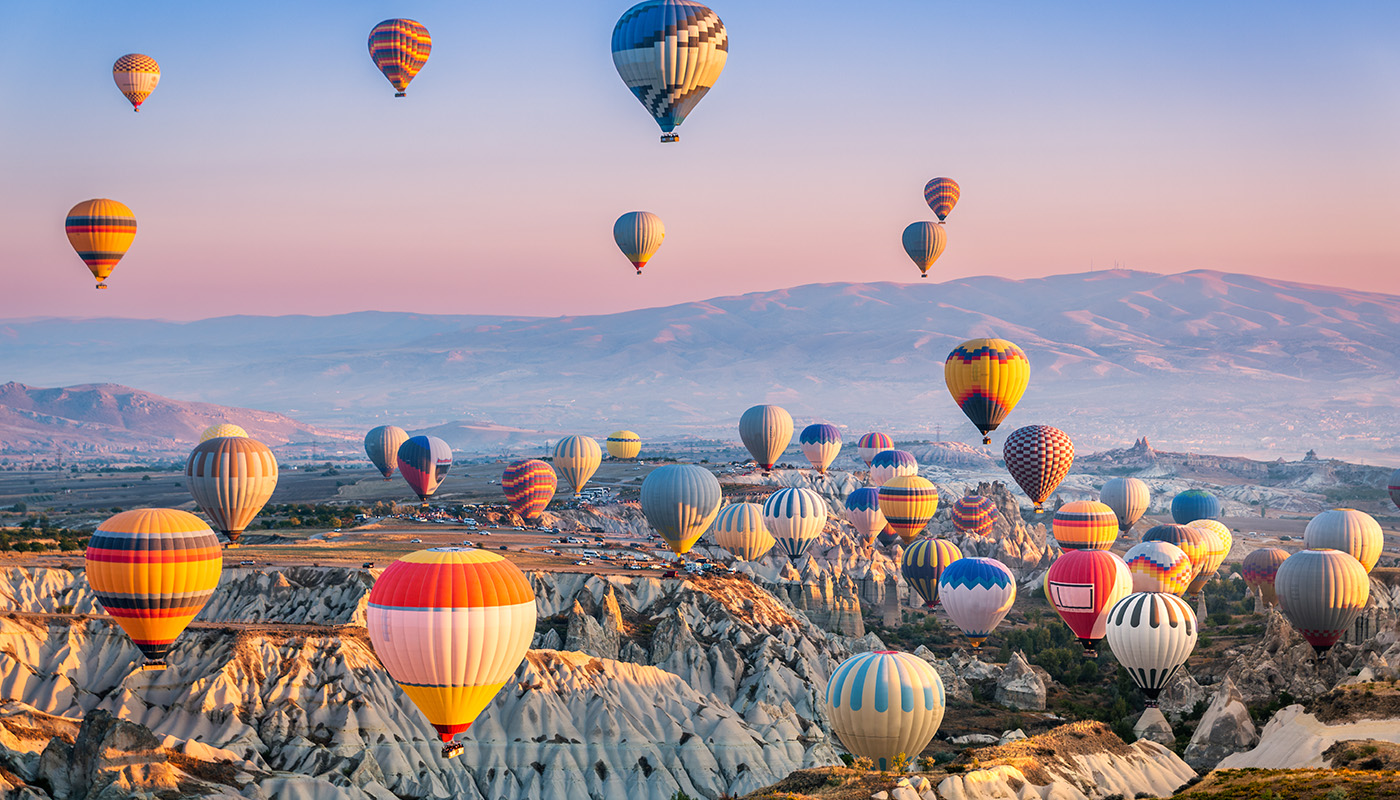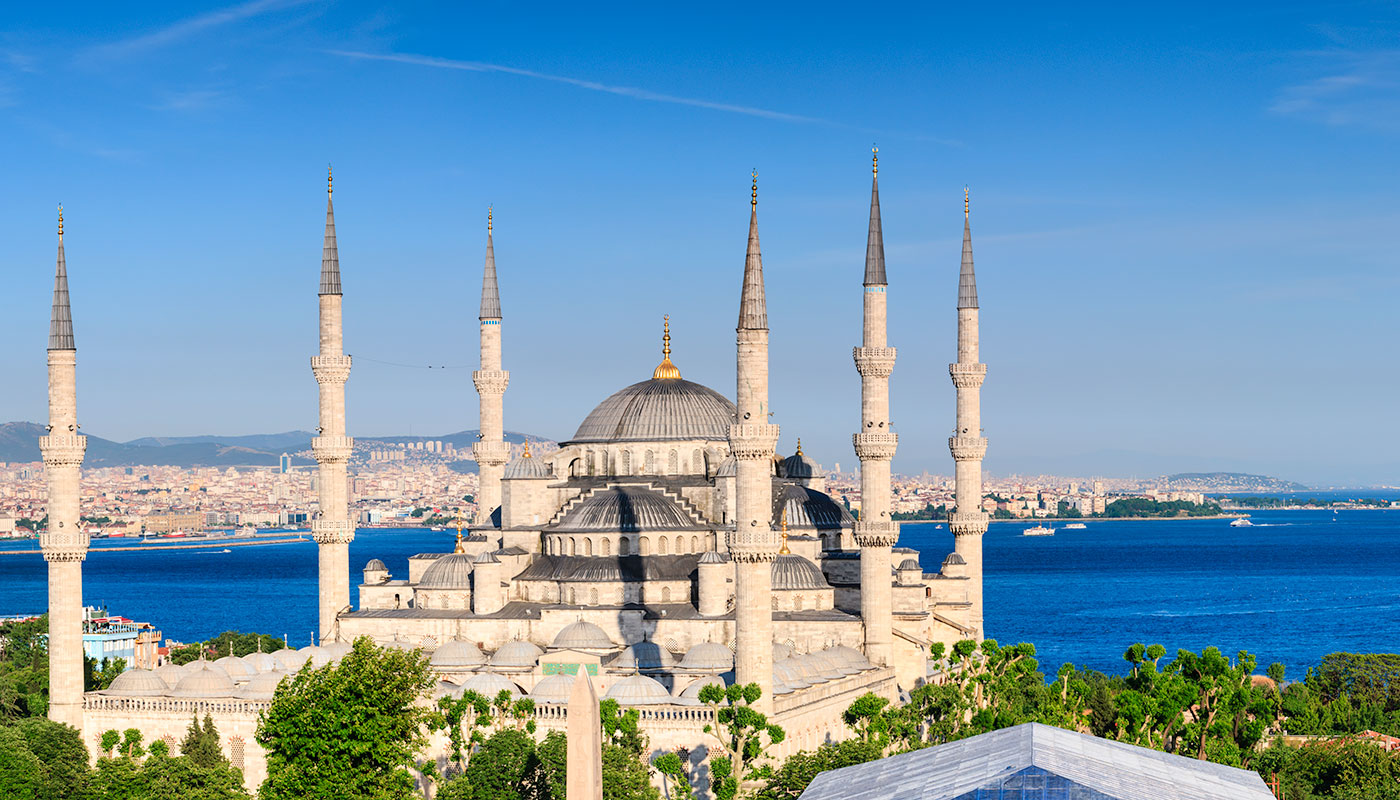What to see in Rabat in 3 days
Rabat is one of Morocco’s four imperial cities and perhaps the least known and visited by tourists despite being the country’s capital. This makes spending a few days there a continuous journey between tradition and modernity, full of magical corners, such as the blue and white painted alleyways in the Oudayas quarter, or the sunsets overlooking the Atlantic Ocean.
Alongside this, you can’t miss the Hassan Tower, designed by the same architect as the Giralda in Seville, which was intended to reach a height of 80 metres, or the Mohammed V Mausoleum, which has become a place of pilgrimage.
Even the cemeteries are a tourist attraction, such as the Martyrs’ Cemetery, and a walk along the long beaches or a stroll along the Bou Regreg River is also a must.
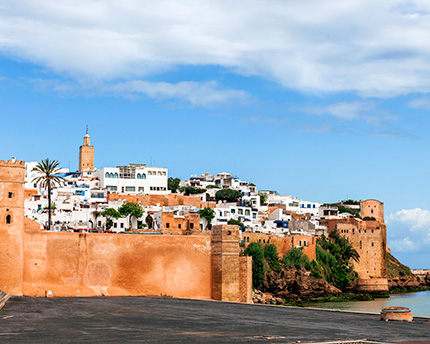
Rabat Medina, authenticity, tradition and lots of shopping
By strolling leisurely and aimlessly through the Rabat Medina, you will get to know some of the essence of Morocco, from its popular and historical architecture to its customs and how it understands commercial relations.
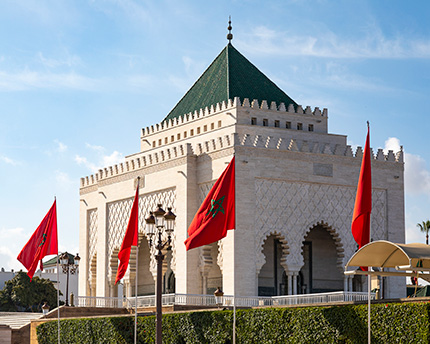
Mausoleum of Mohammed V, a pantheon for two kings
Here lie the remains of Hassan II, who erected the Pharaonic tomb in memory of his father, Mohammed V, the father of Moroccan independence.
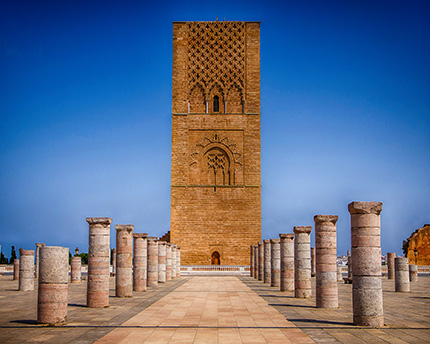
Hassan Tower, the Giralda's “twin sister”
Built in 1195, this minaret was part of the pharaonic and unfinished mosque designed in Rabat by Sultan Ya'qub al-Mansur.
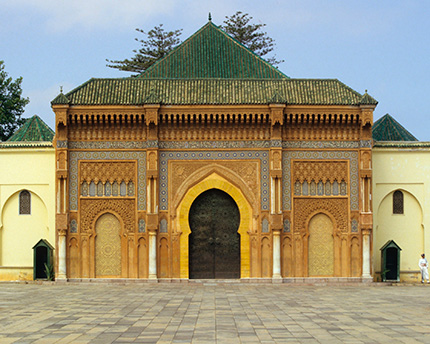
Rabat Royal Palace, symbol of the Alaouite monarchy
Located in the heart of Rabat, the official residence of the King of Morocco is one of the jewels in the crown of the Moroccan capital.
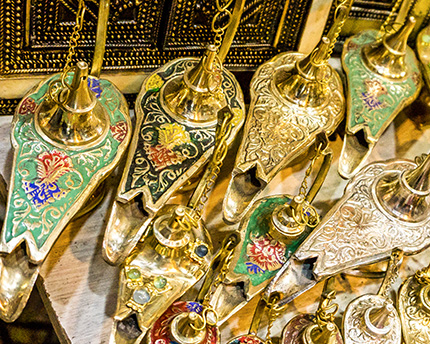
Rabat's dazzling Gold Souk
This reed-covered market in the medina is where all the city's jewellers congregate with their gold, silver and precious stones.
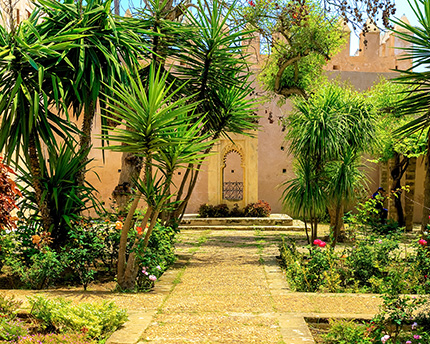
Andalusian Gardens (Medina), Rabat's flower-filled oasis
Rabat's Andalusian Gardens were designed in the 20th century following the Andalusian style and essence, creating a paradise next to the palace.
Top experiences
Find your ideal itinerary
We help you design the best itineraries for your stay in Rabat.
Select the area you are staying in and the duration of your trip.

